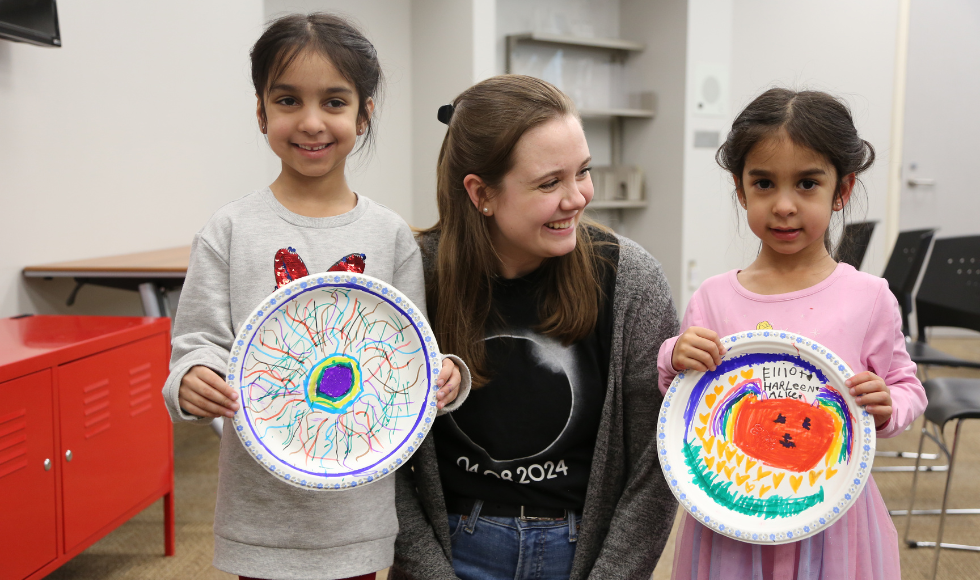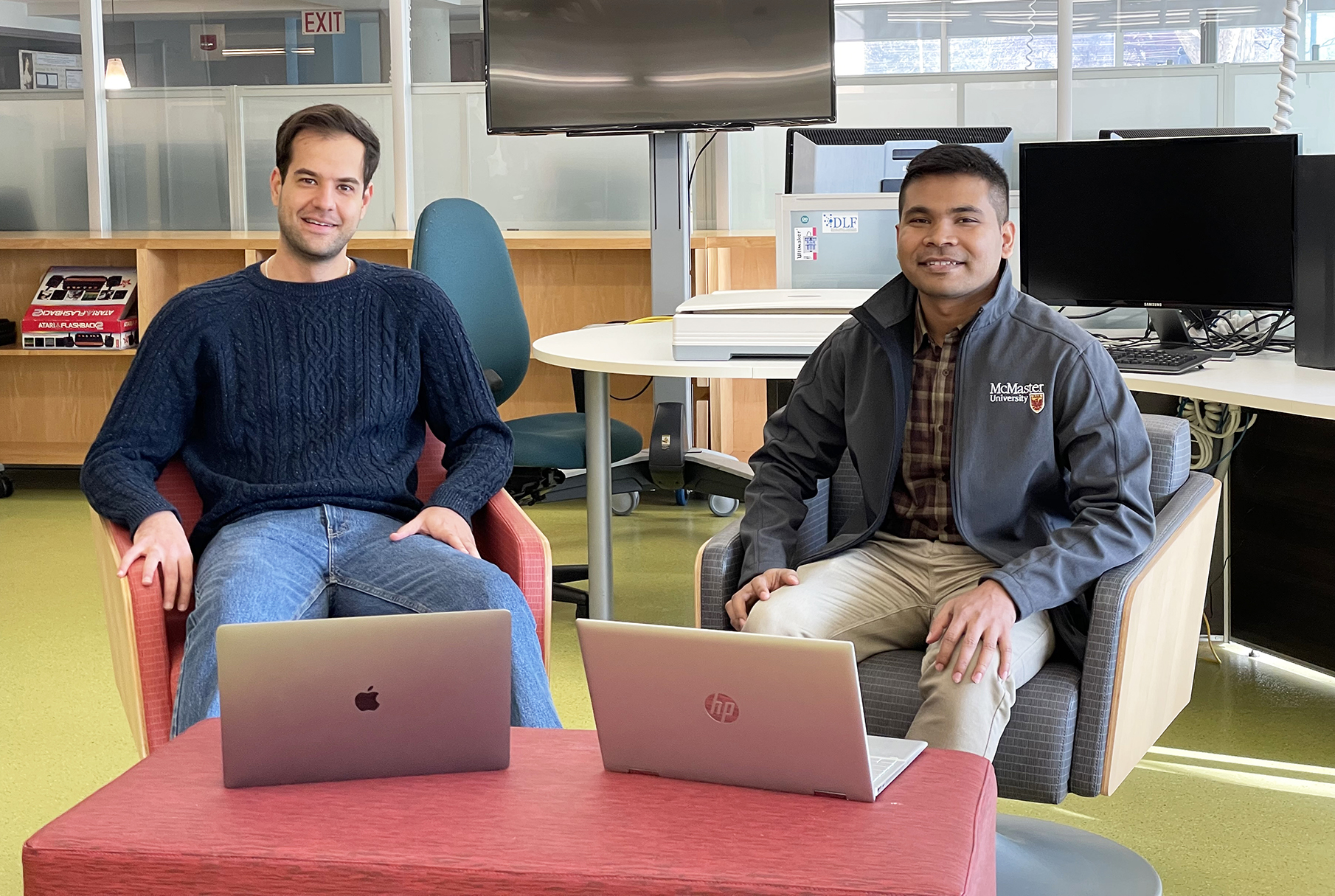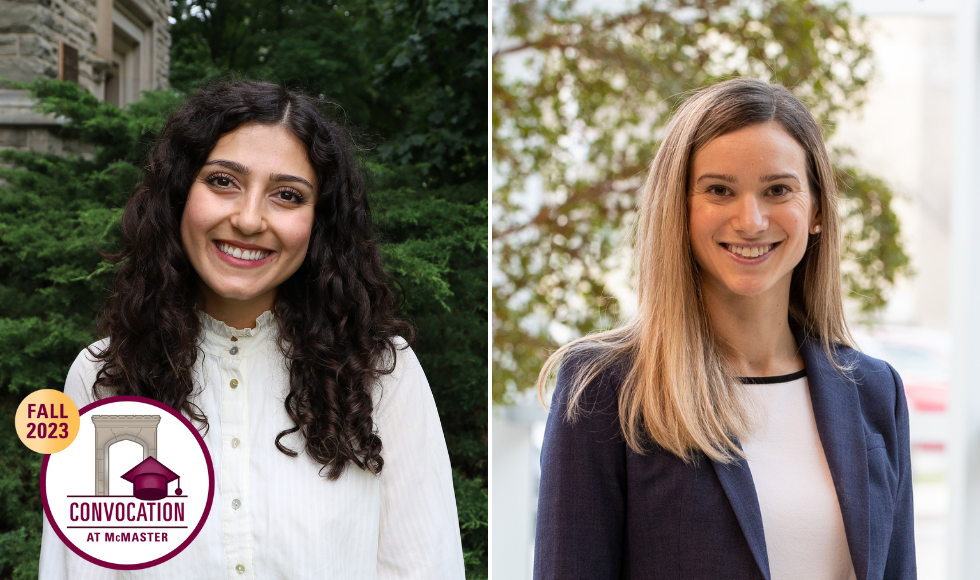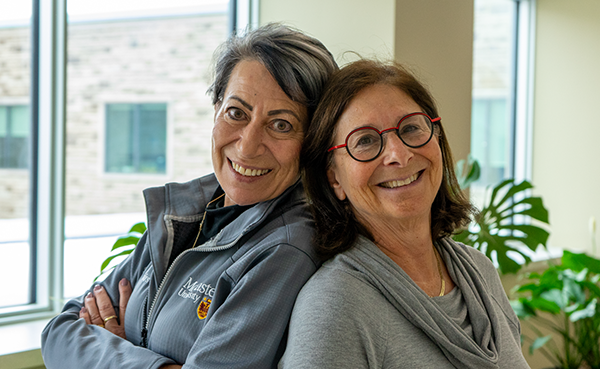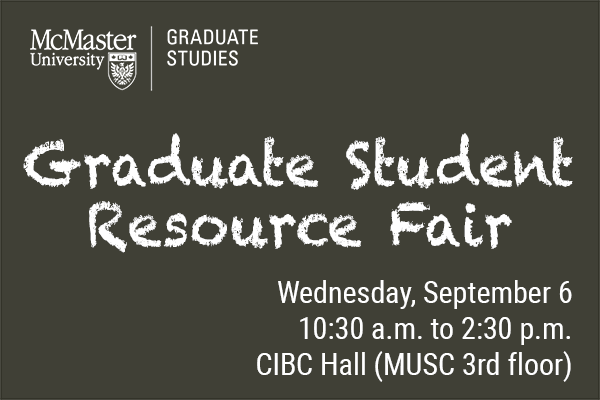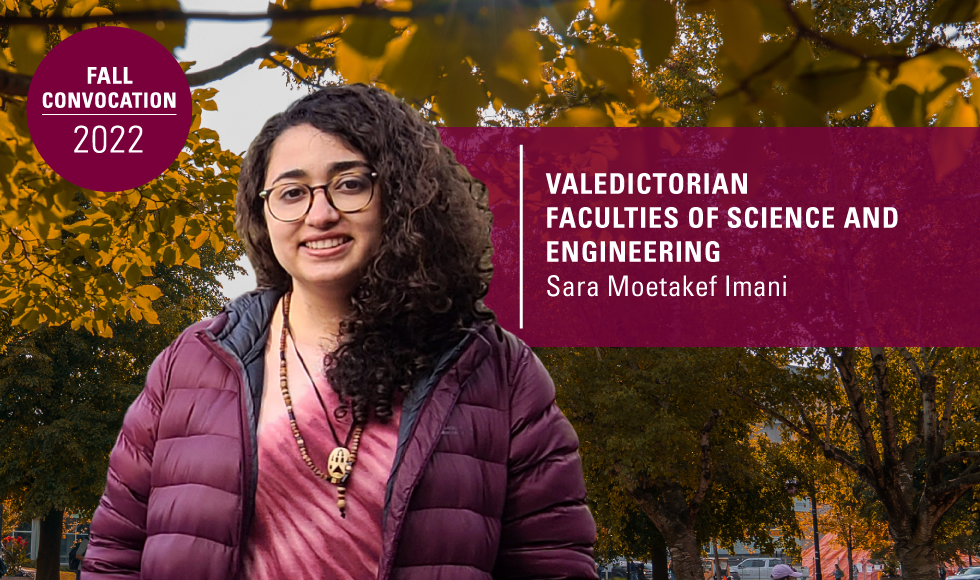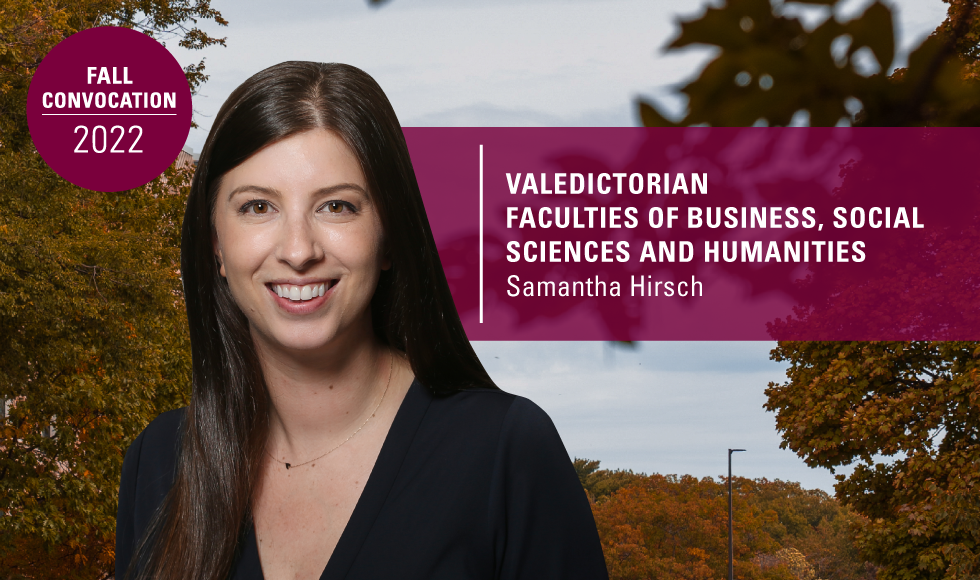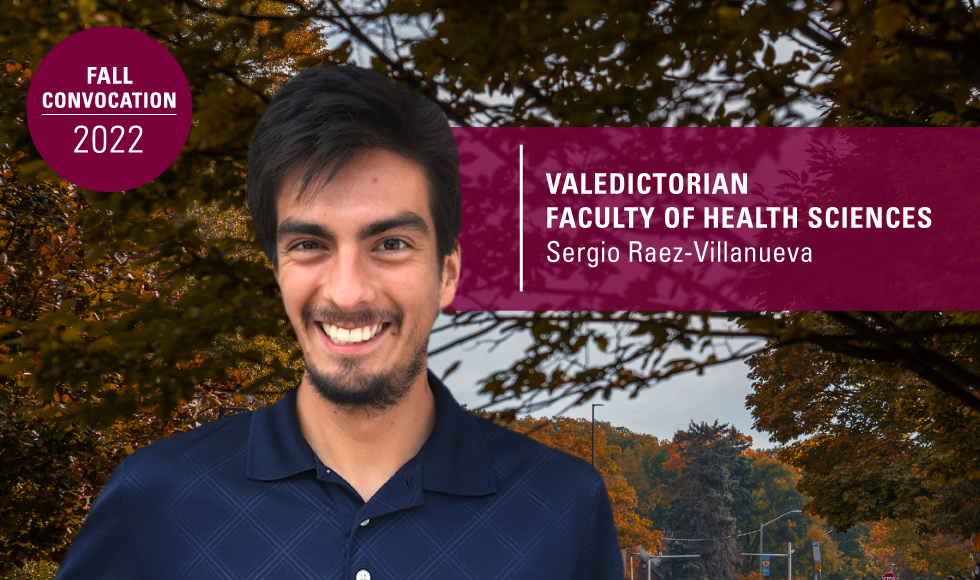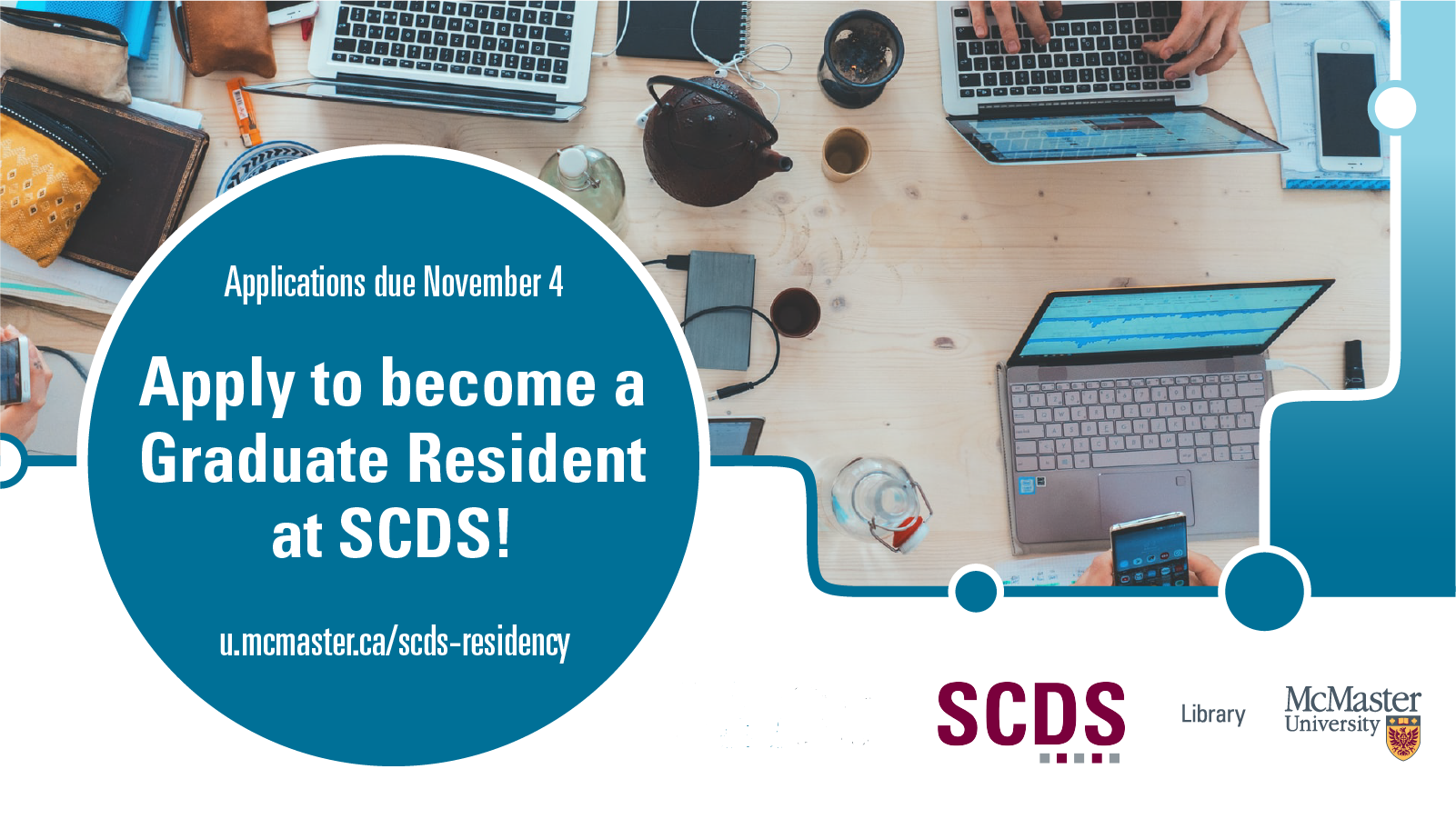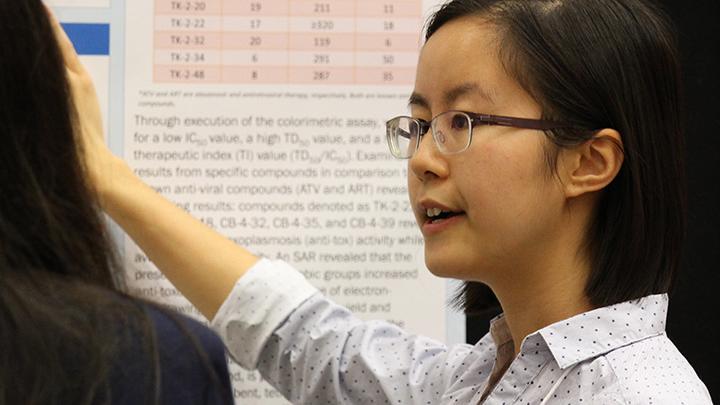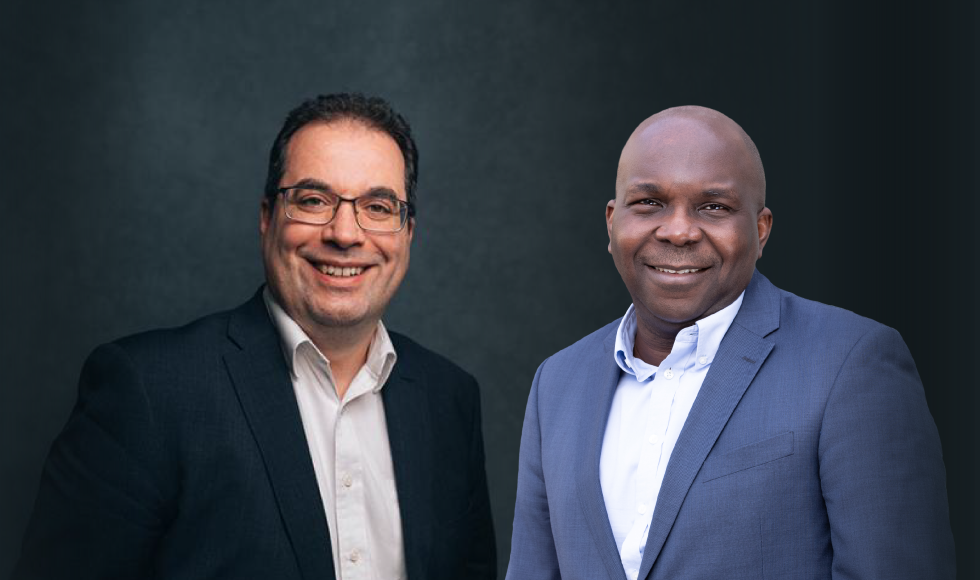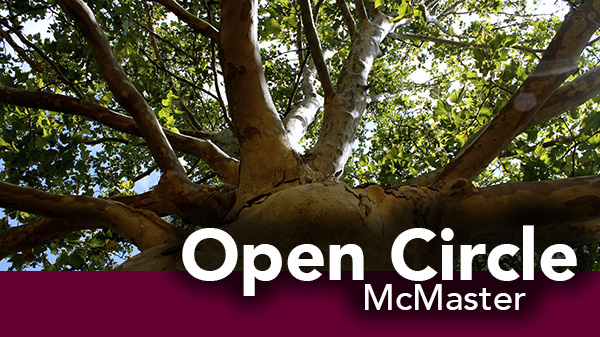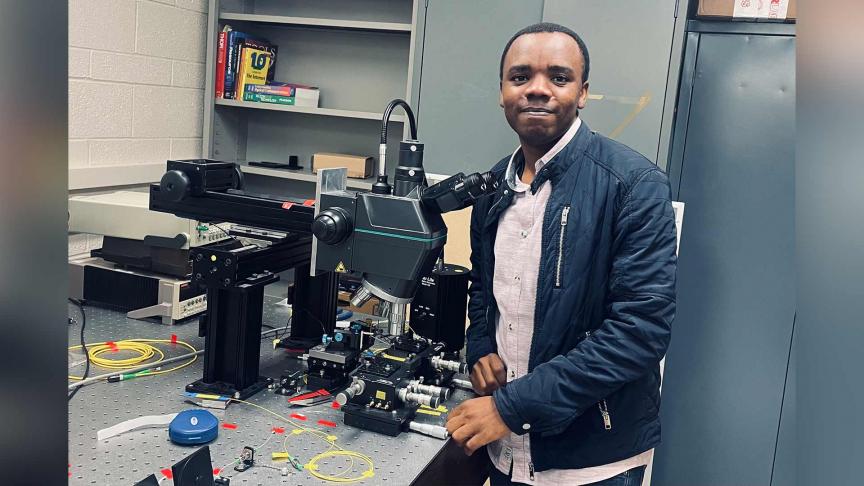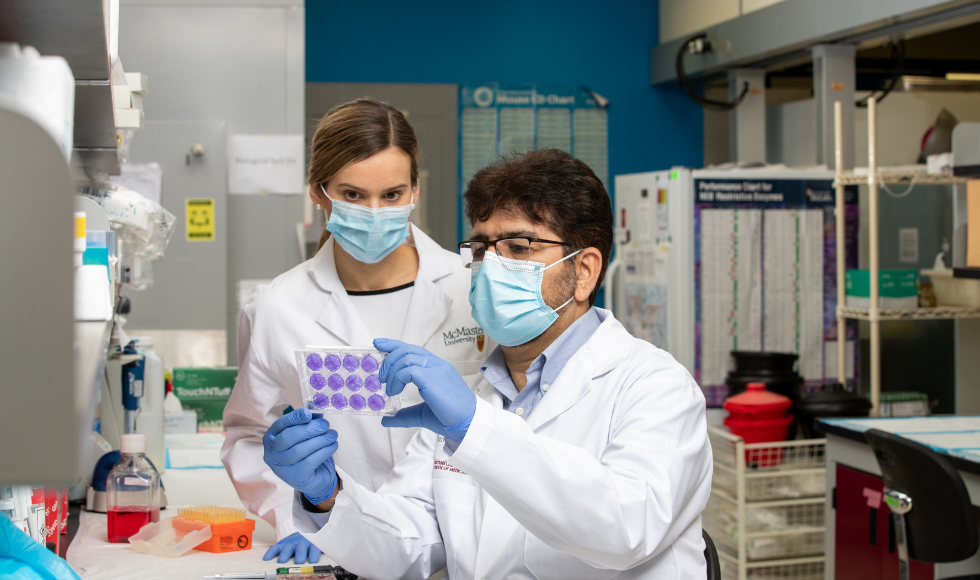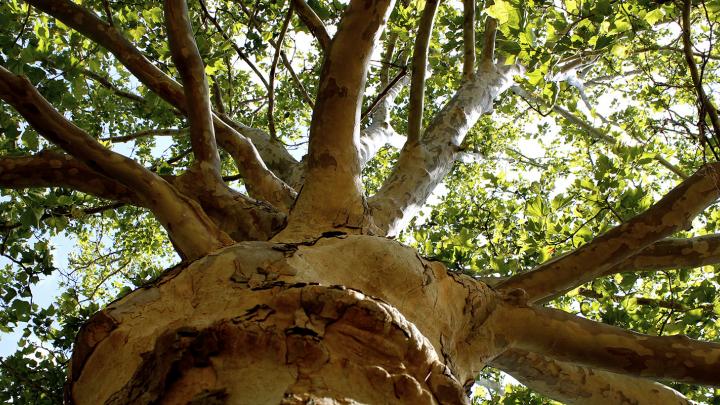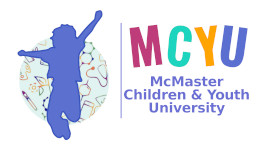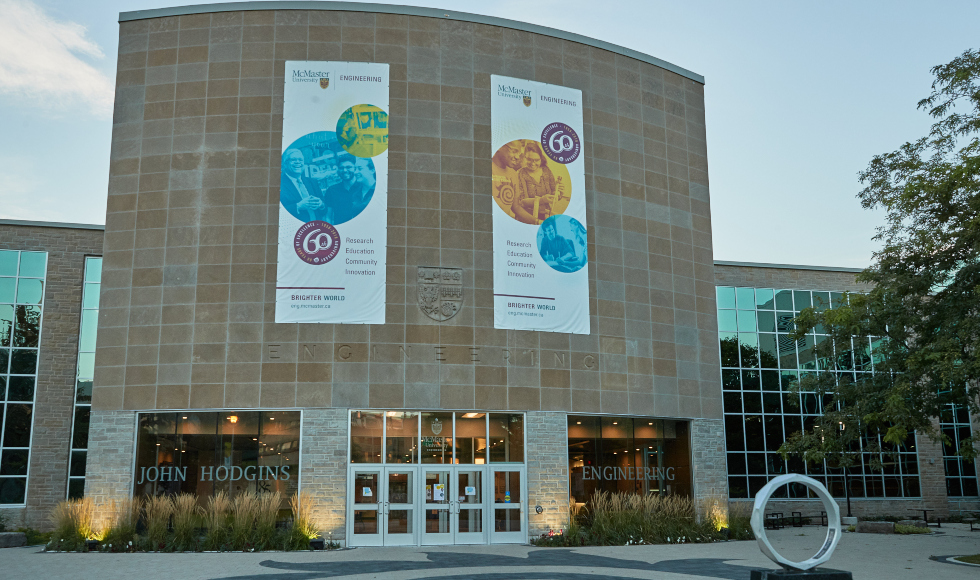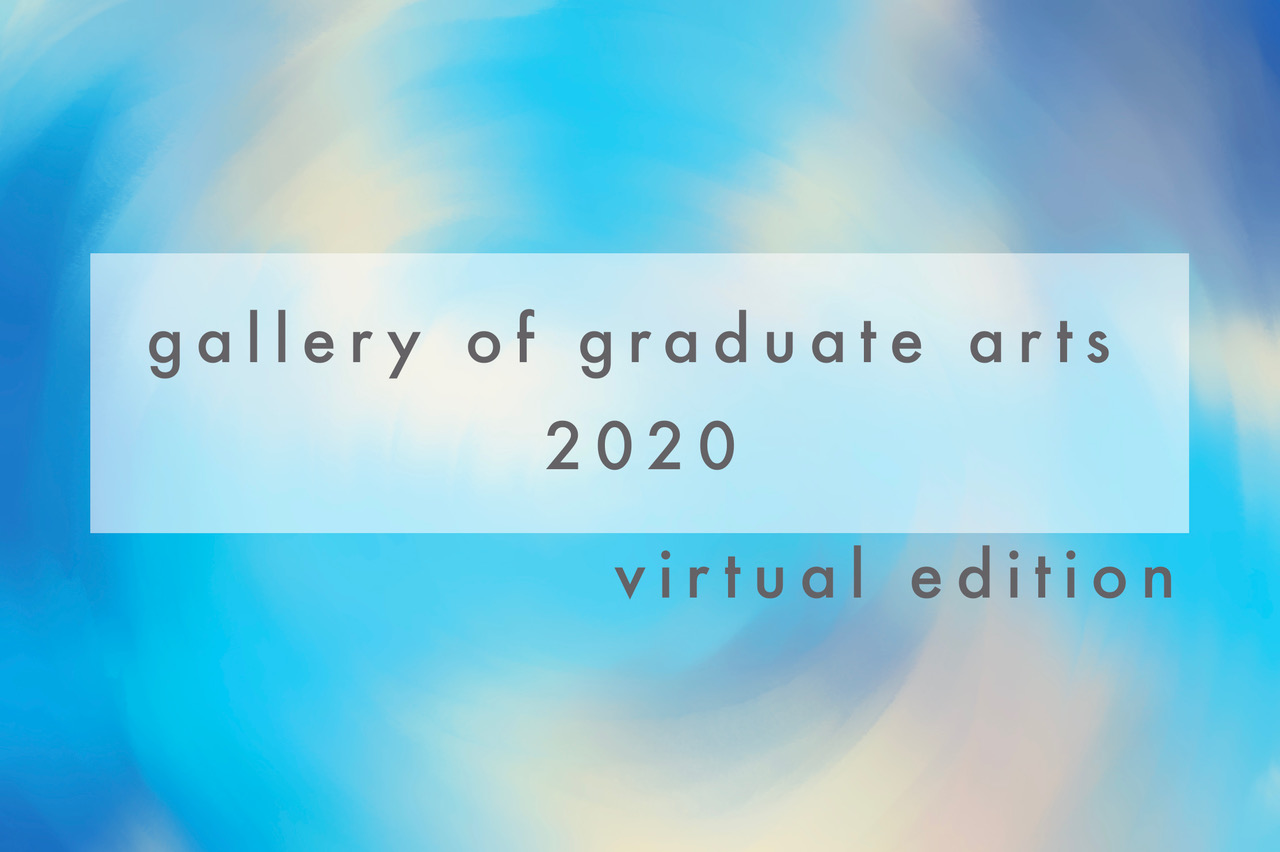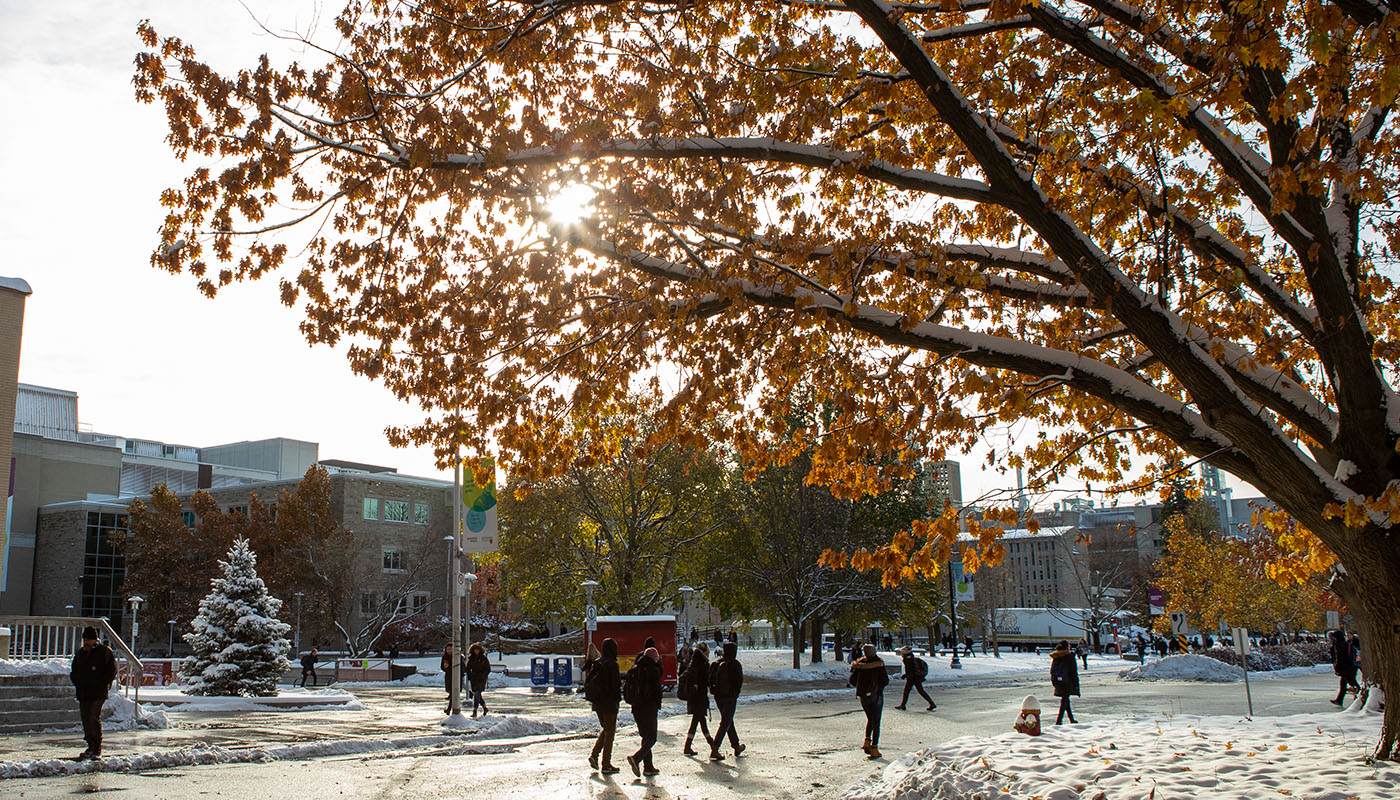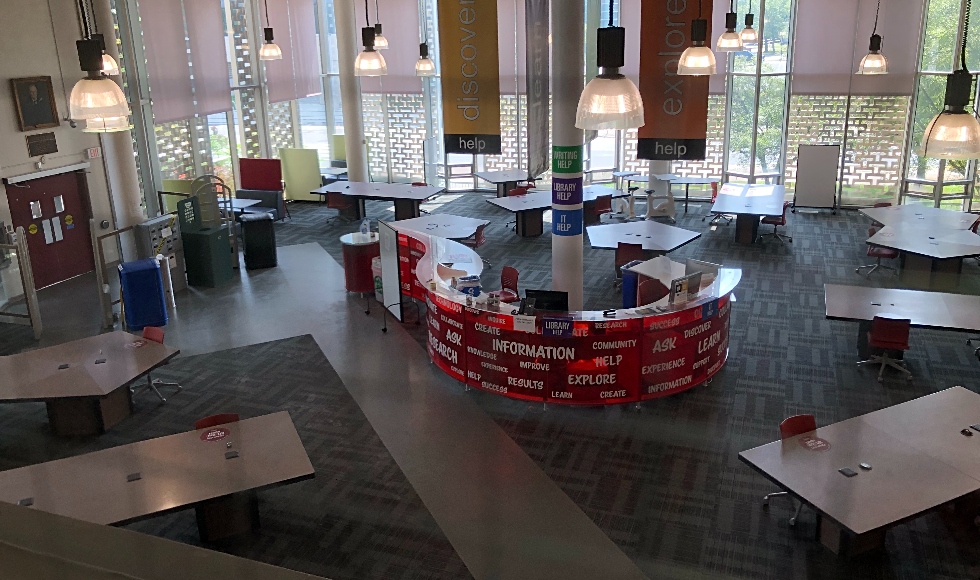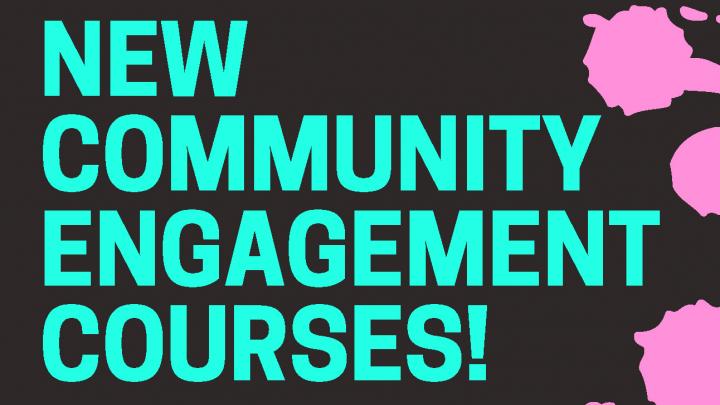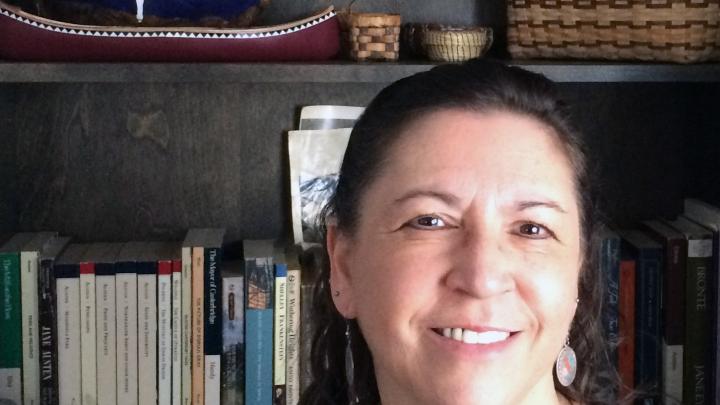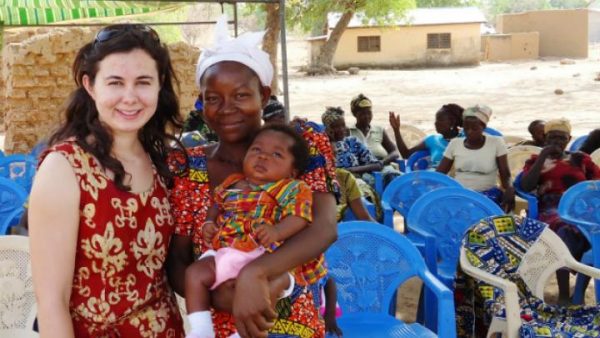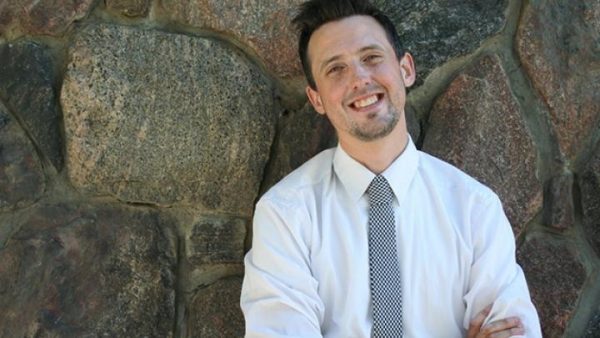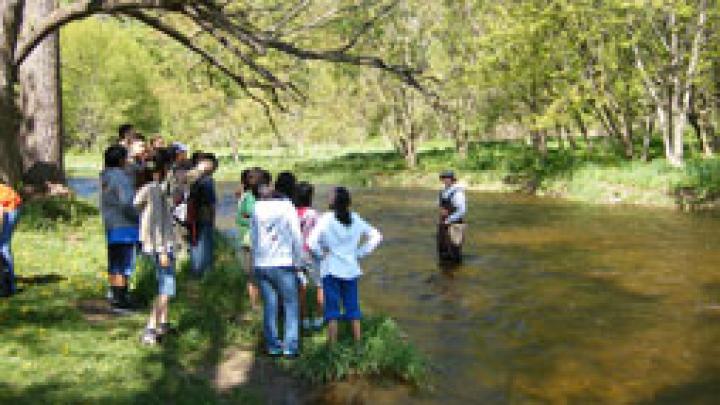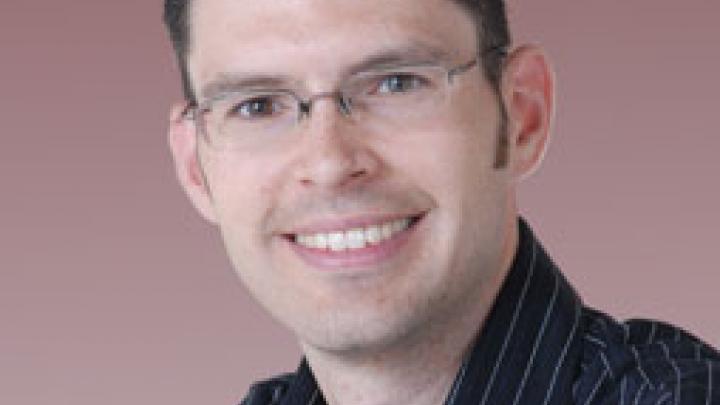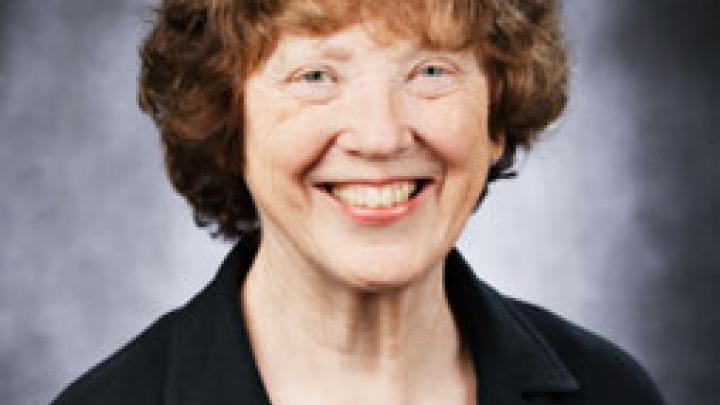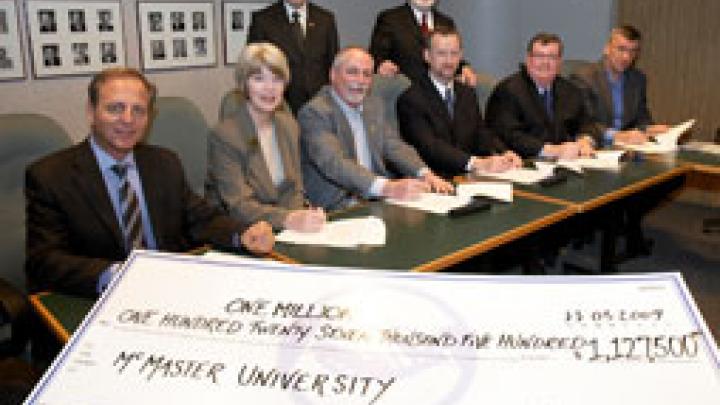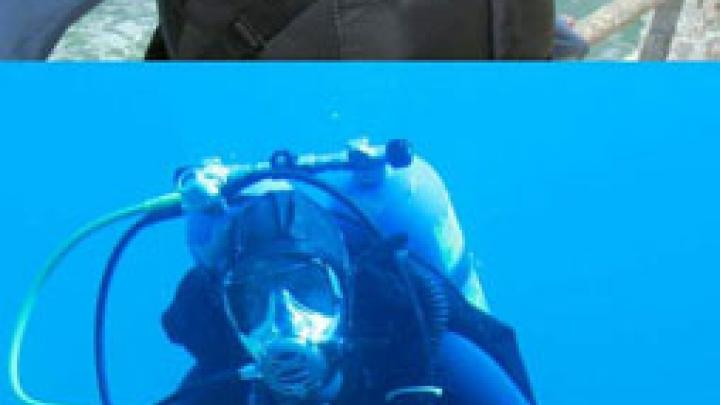Information Box Group
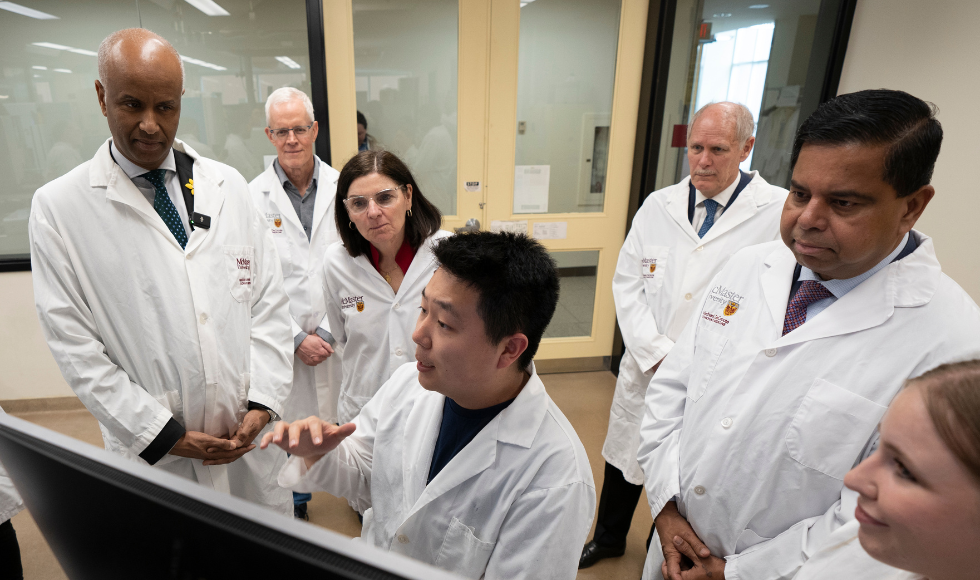
Daily News ➚
A win for Canadian research: Ottawa boosts funding for graduate students, research grants
Postdoctoral
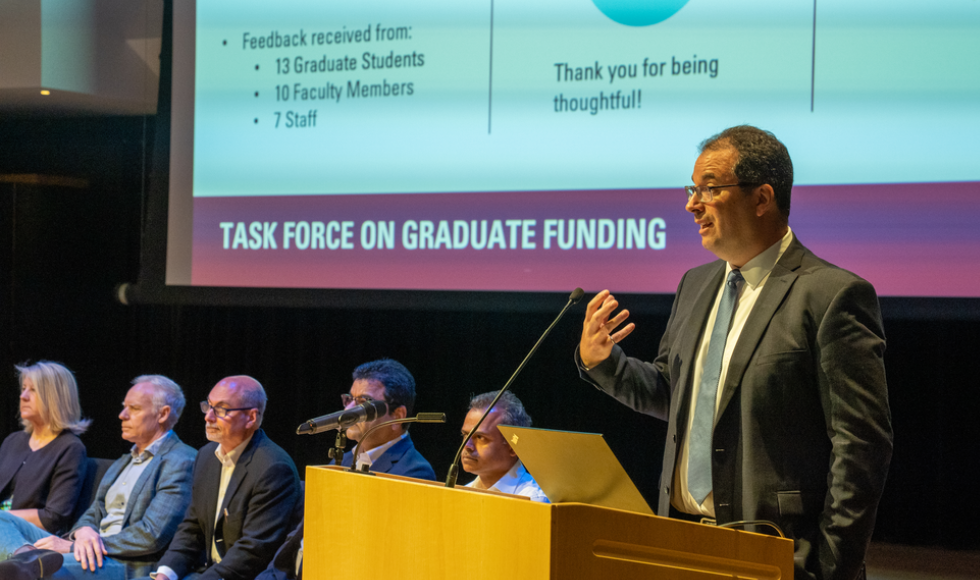
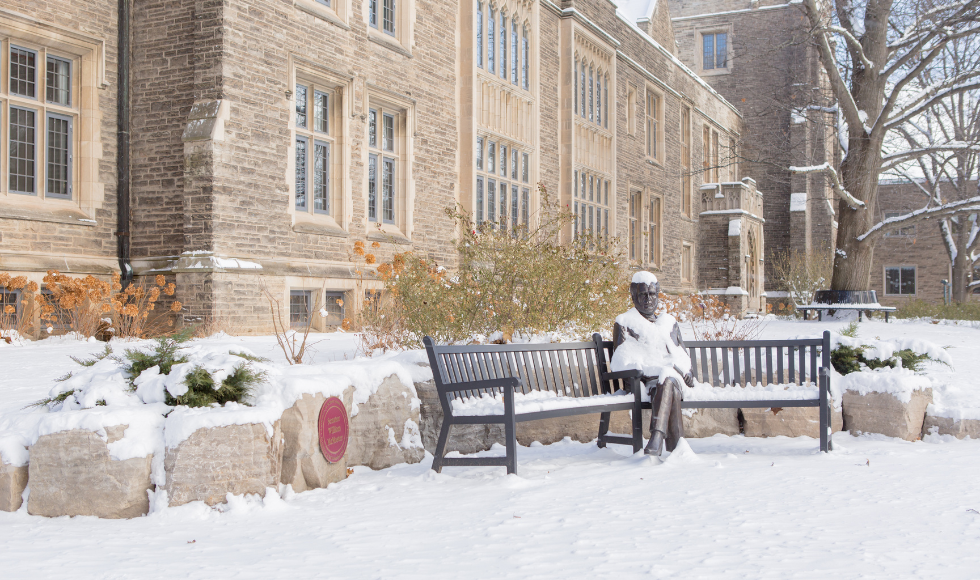
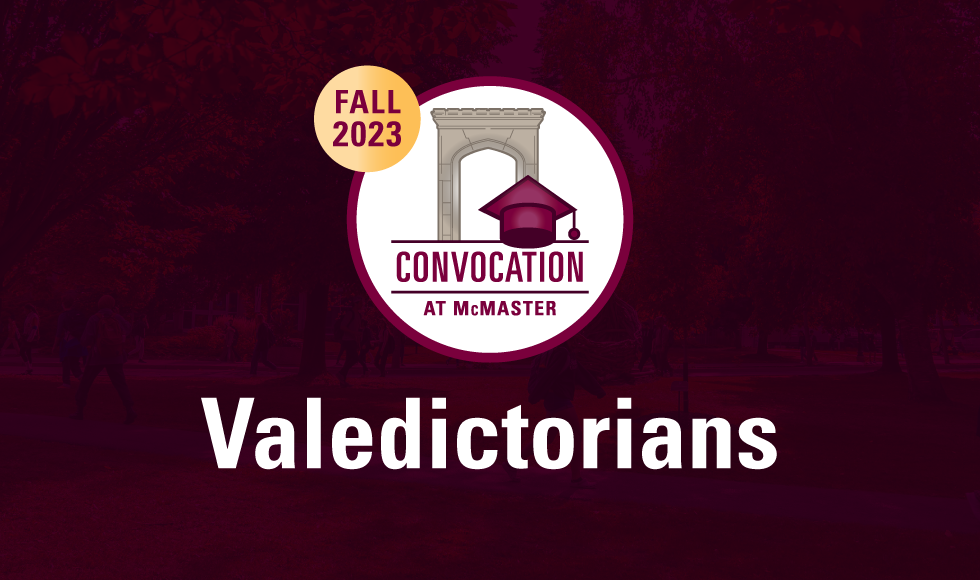
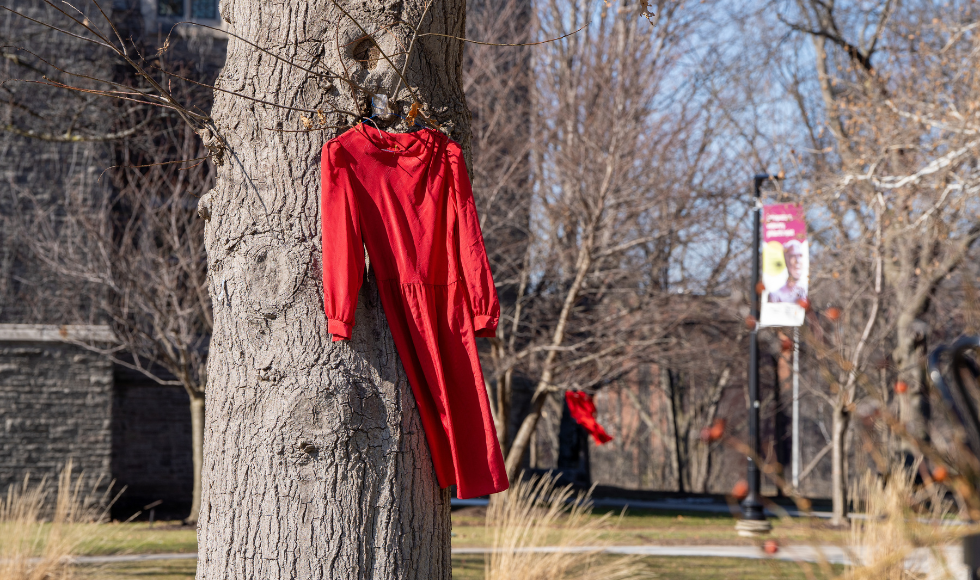
Daily News ➚
Events at McMaster: National Day of Remembrance and Action on Violence Against Women
Community
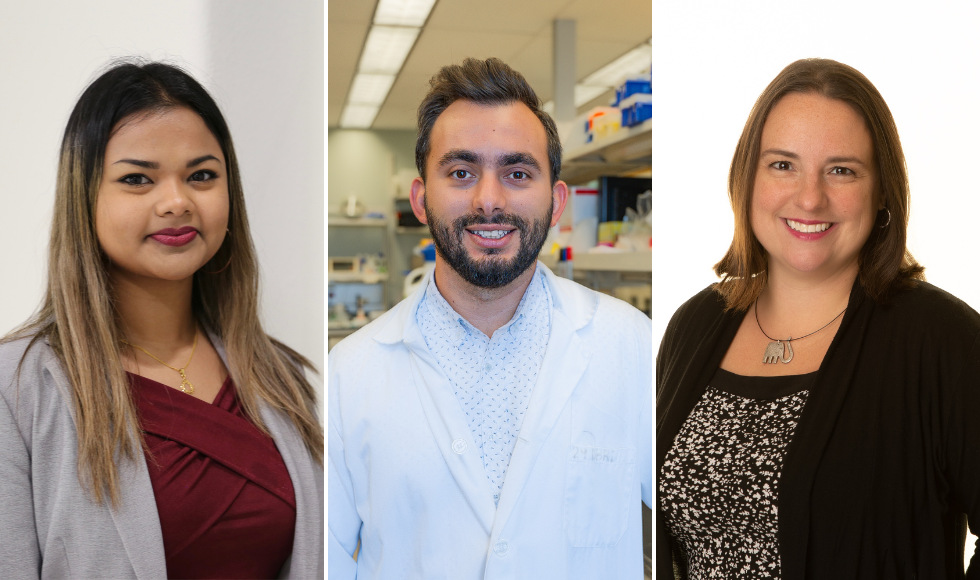
Daily News ➚
How McMaster’s ecosystem of innovation is empowering student entrepreneurs
Competitions and contests
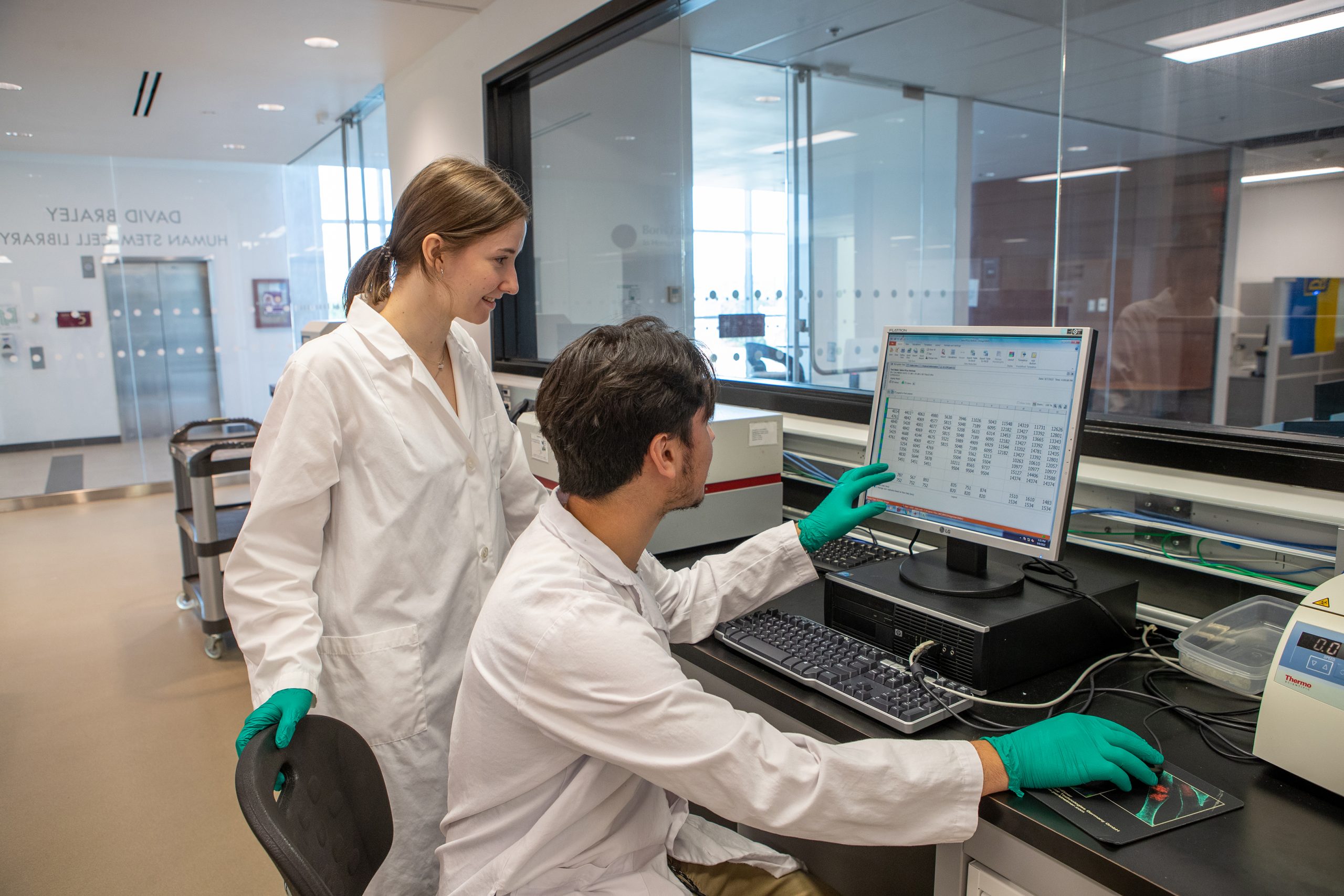
Develop your transferable skills through MCYU certificate
Skills-building
Applications are open for the Sherman Centre's 2024 graduate residency
Awards and scholarships
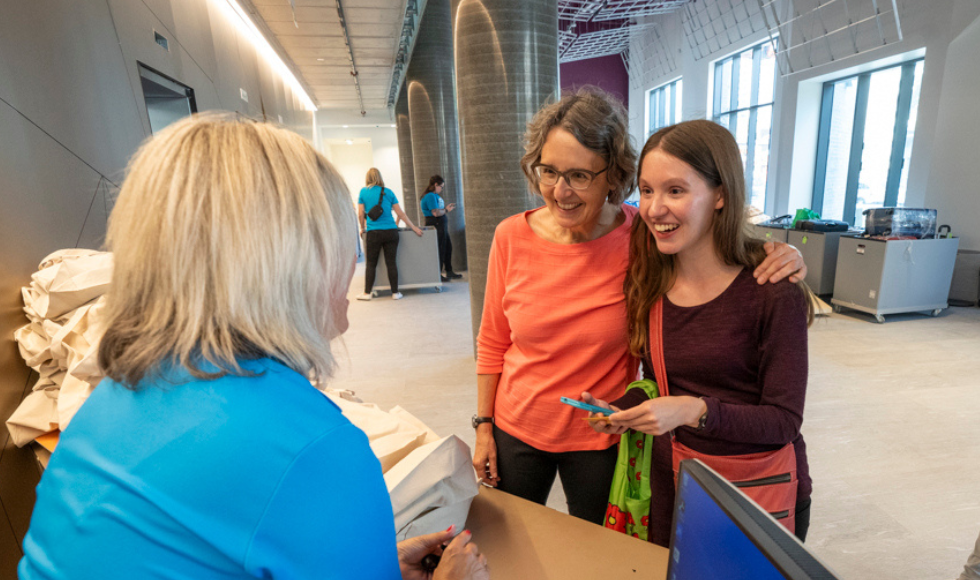
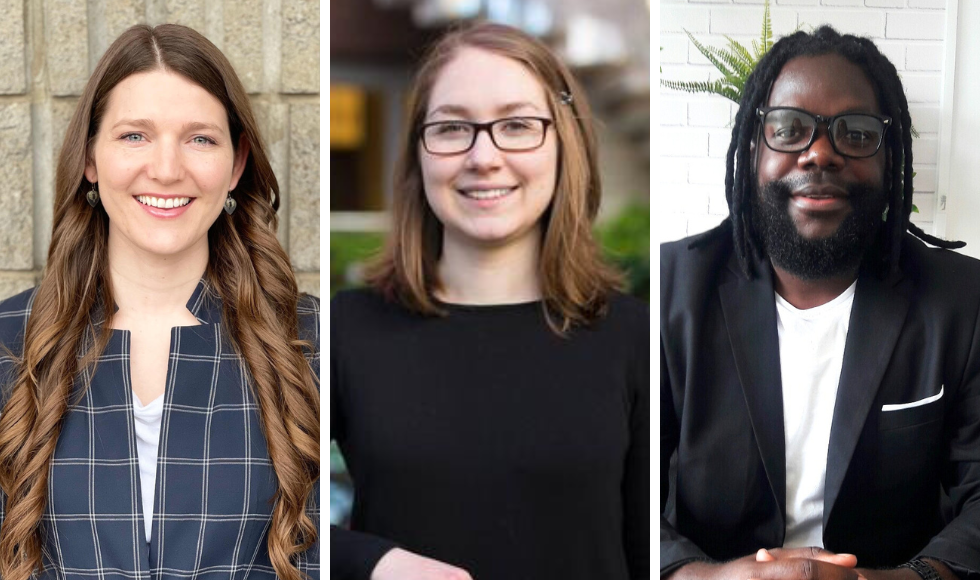
McMaster welcomes three new Banting Postdoctoral Fellows
Awards and scholarships
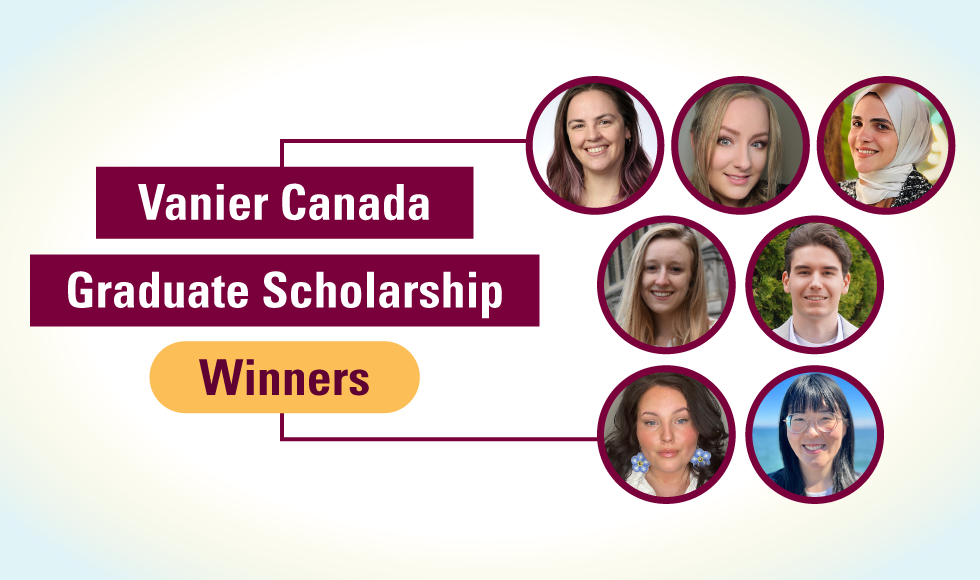
McMaster celebrates seven new Vanier Scholars
Awards and scholarships
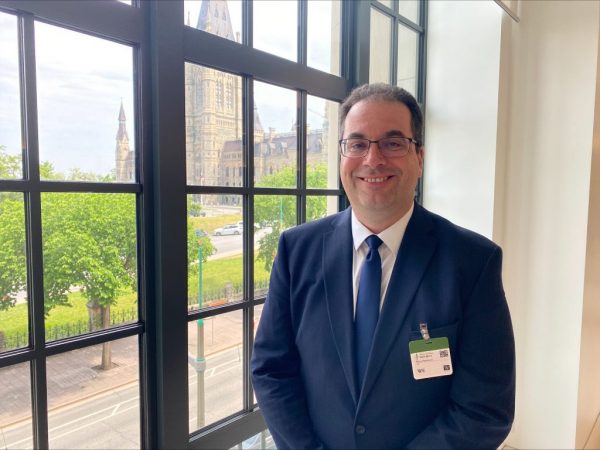
Daily News ➚
Dean of Graduate Studies champions federal support for graduate students and postdoctoral fellows at Parliament
Important update

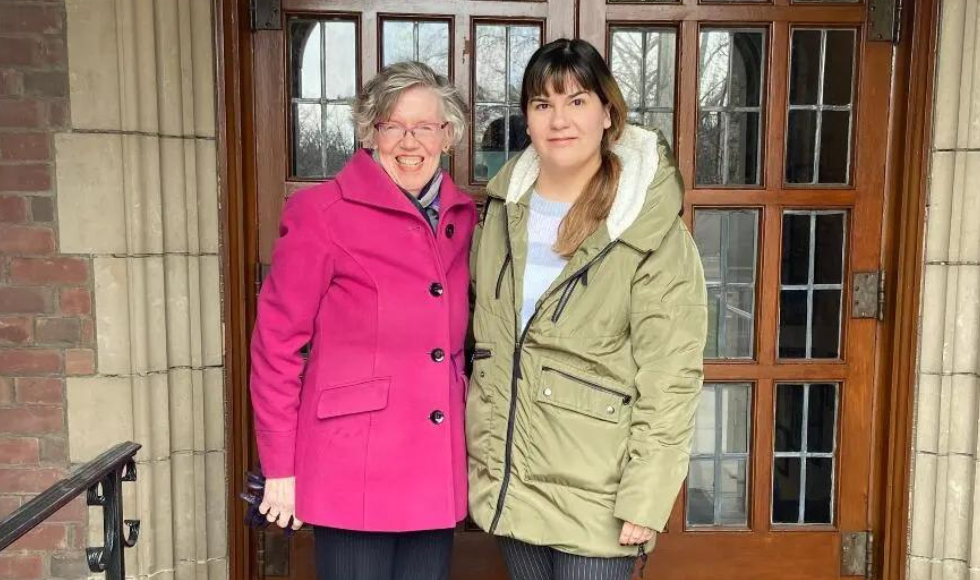
Daily News ➚
Why McMaster donors give: Lynda Davey-Longstreet pays it forward
Awards and scholarships
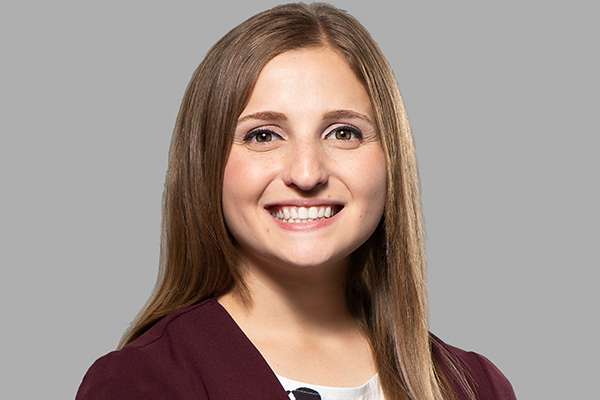
Engineering PhD recognized for leadership and academic excellence
Awards and scholarships
University Technology Services ➚
Changes to Multi-Factor Authentication (MFA) Push Notifications
Important update

McMaster University Library ➚
McMaster launches Research Data Management Institutional Strategy
Research
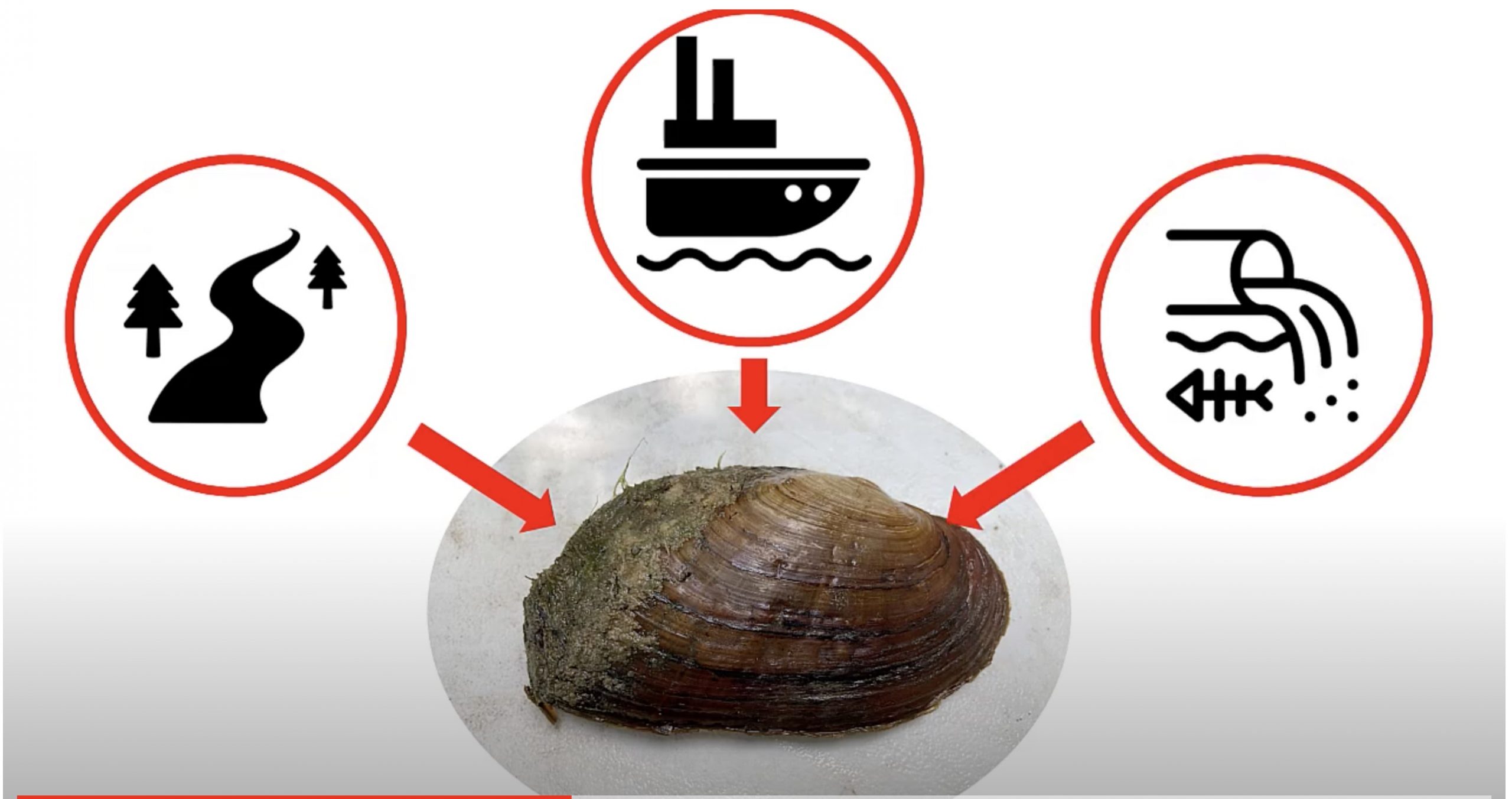
Biology student wins GradFlix
Competitions and contests

2023 GradFlix winners
Competitions and contests
Daily News ➚
New $1M gift supports graduate students in biological anthropology
Awards and scholarships

Curtain about to rise for this year’s GradFlix final
Competitions and contests
University Senate call for nominations
Community

Daily News ➚
Heersinks’ gift continues to fuel health-care innovation at McMaster University
New program
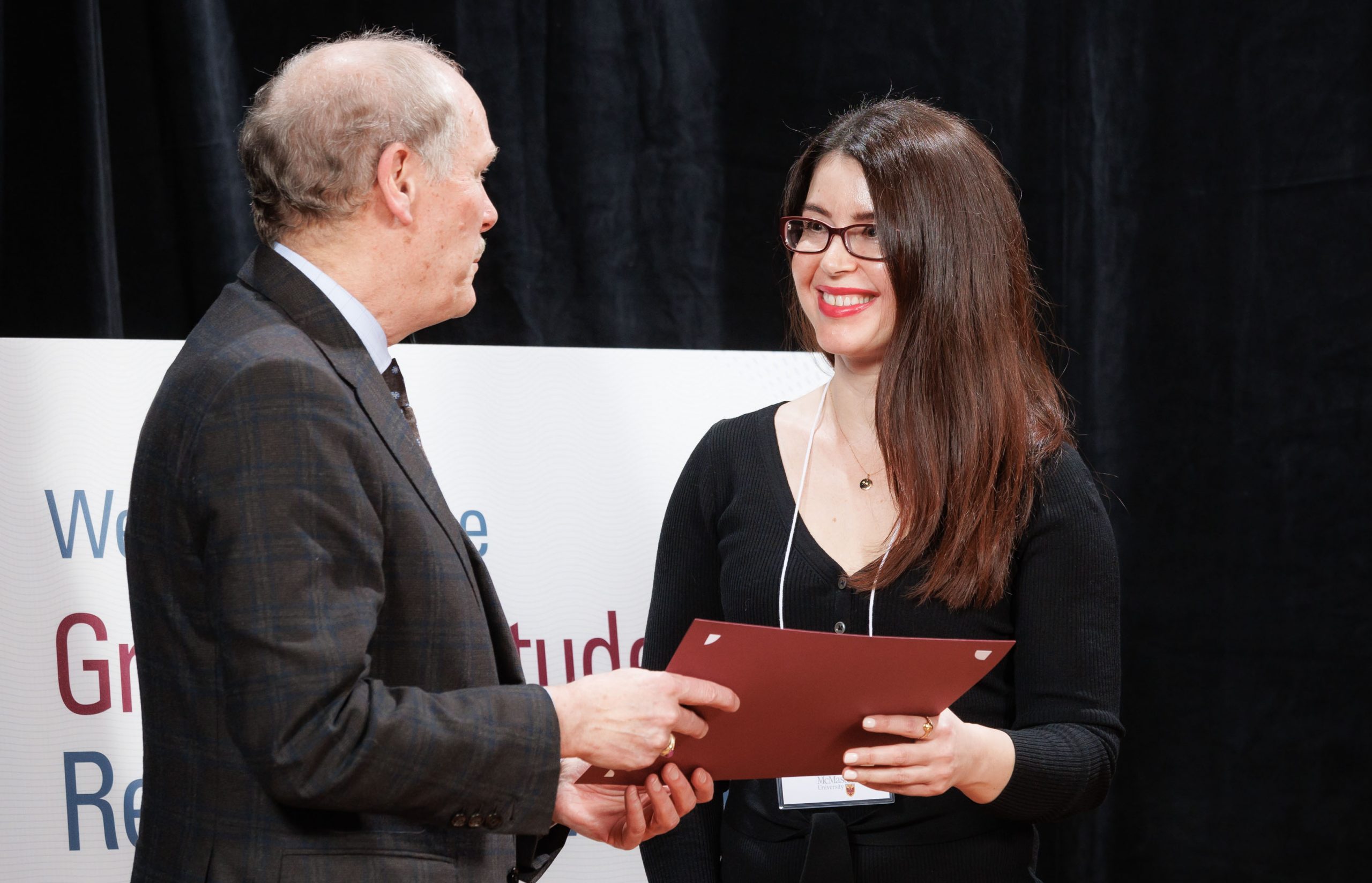
Celebrating a silver jubilee of graduate community contributions
Awards and scholarships

Applications are open for the E.B. Eastburn Postdoctoral Fellowship
Awards and scholarships
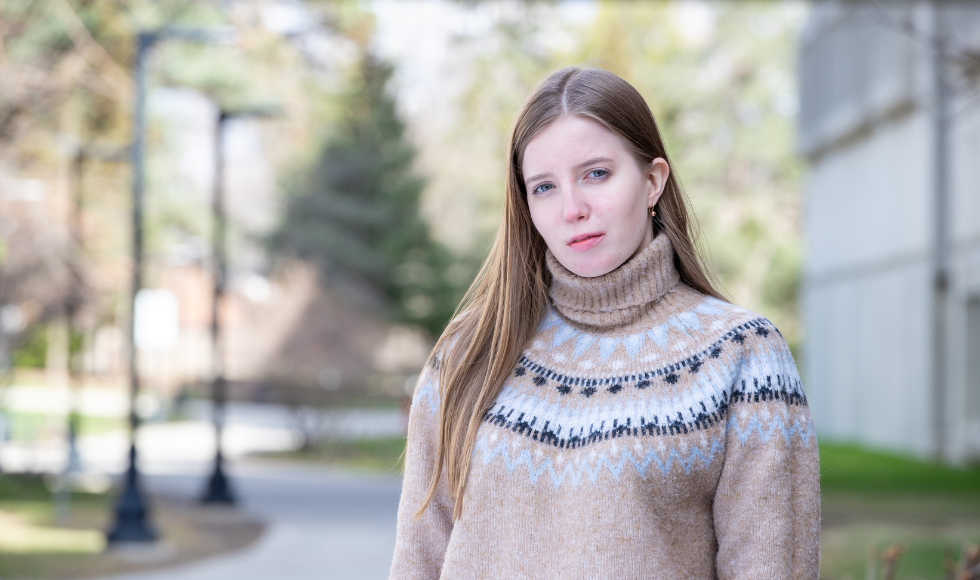
Daily News ➚
‘It’s a personal cause for us’ – McMaster linguistics research centre creates program for displaced scholars
Awards and scholarships
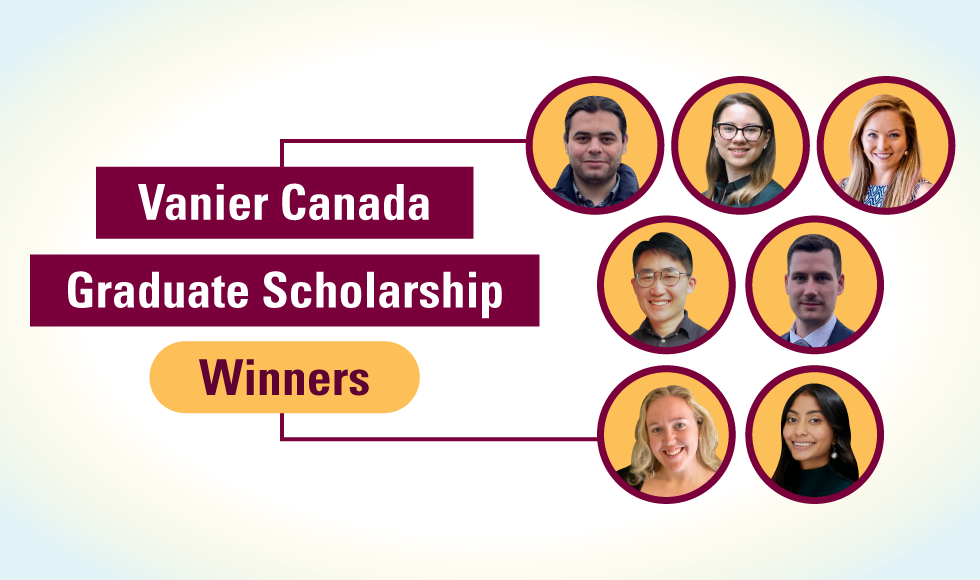
Seven graduate students receive prestigious Vanier Canada Graduate Scholarship
Awards and scholarships
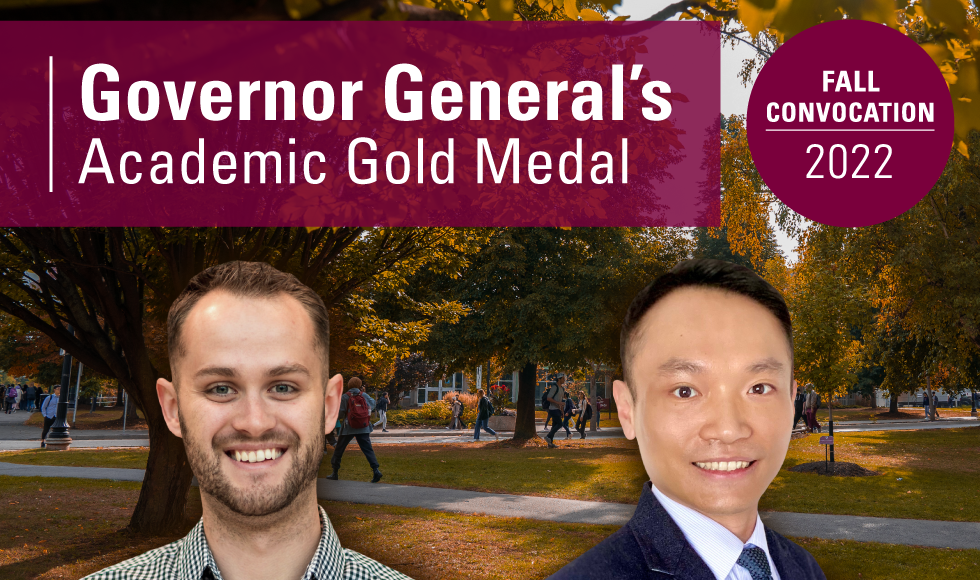
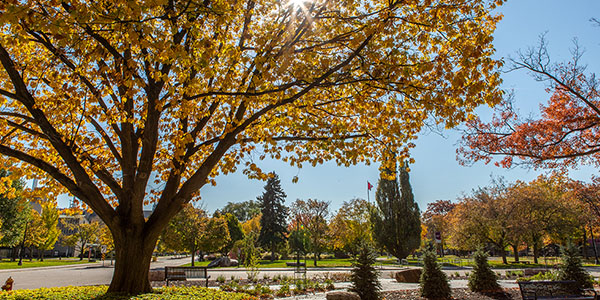
Submissions open for the National Student Paper Competition
Competitions and contests


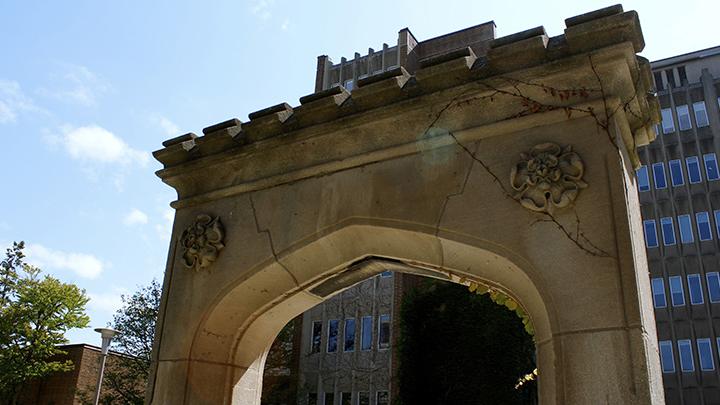
Grad student position open on Student Fees Committee
Skills-building
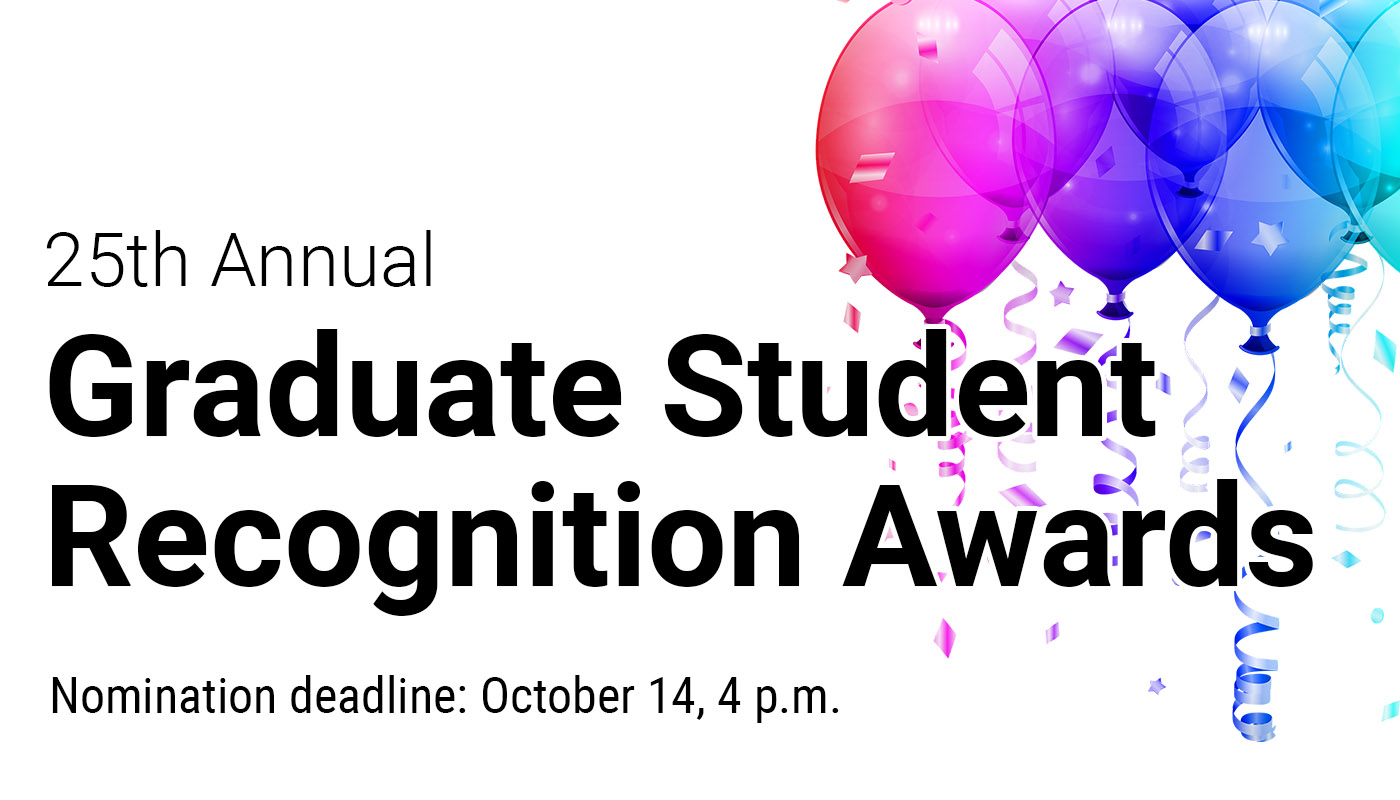
Nominations open for 25th Annual Graduate Student Recognition Awards
Awards and scholarships
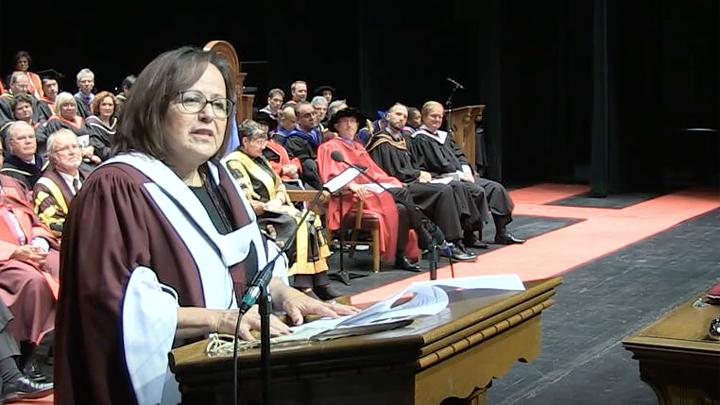
Nominations are open for Fall Valedictorian
Awards and scholarships
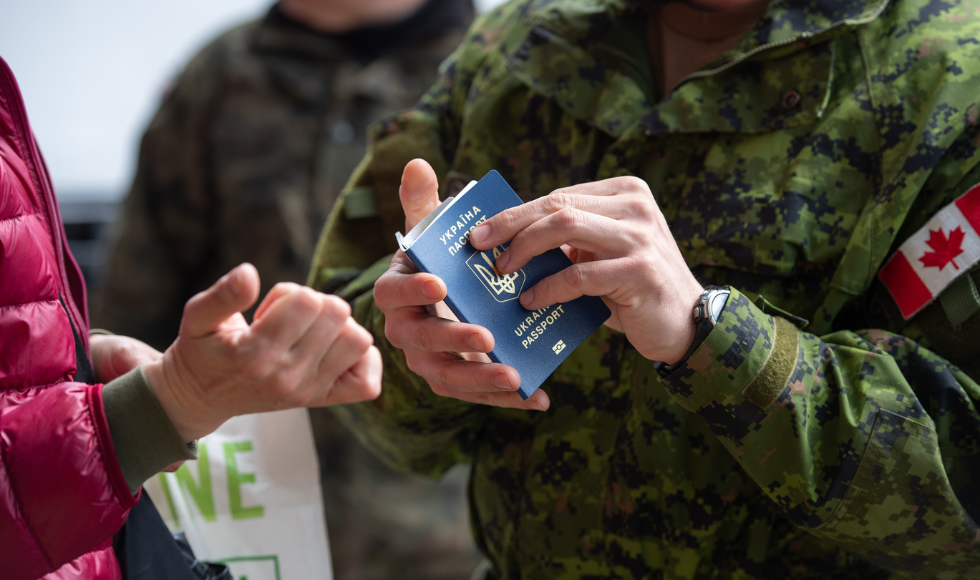
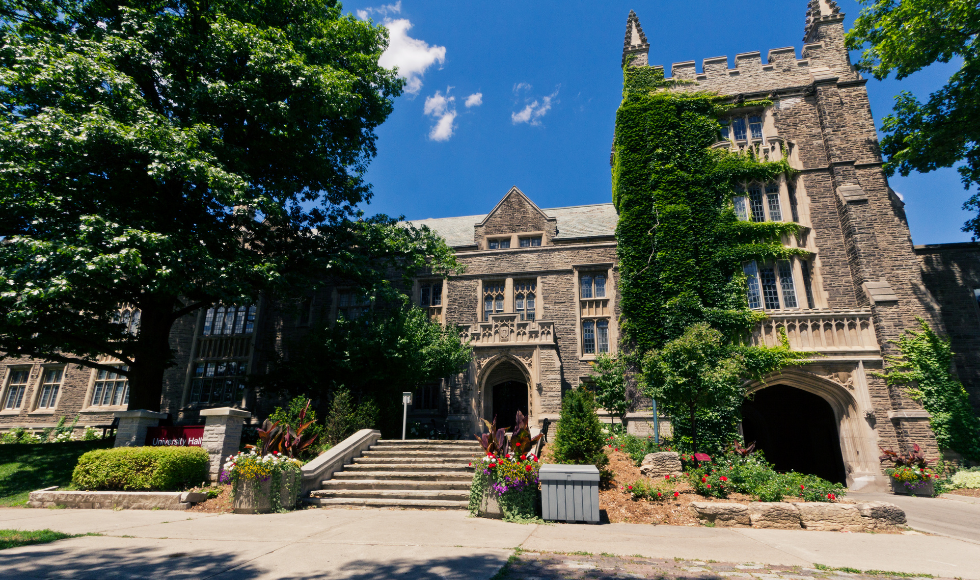
Five grad students receive Wilson Leadership Scholar Award
Awards and scholarships
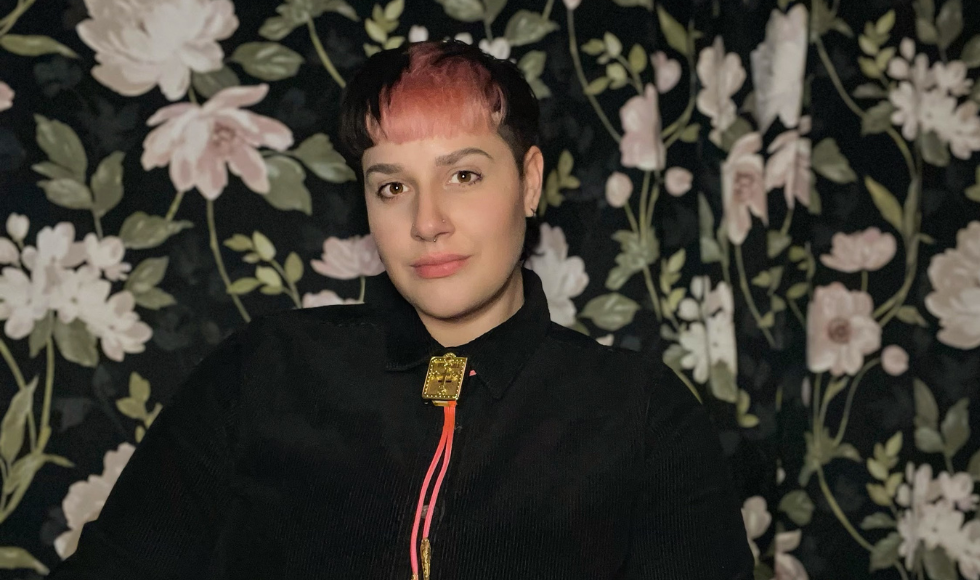
Brighter World ➚
Grad student’s research explores queer and trans experiences of Christianity
Research

McMaster Library ➚
Feedback requested on McMaster research data management current and ideal visioning
Postdoctoral
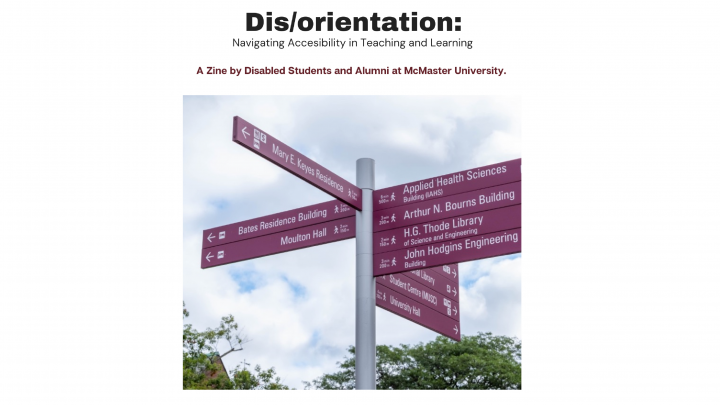
MacPherson Institute ➚
Call for Zine Submissions: Dis/orientation: Navigating accessibility in teaching and learning
Student life
Multi-factor authentication is coming for grad students
Important update
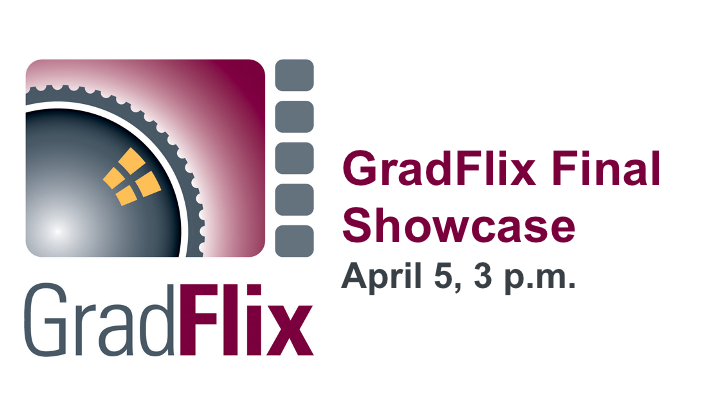
Storytelling the main feature in GradFlix final
Competitions and contests

Daily News ➚
McMaster joins universities from around the world to launch climate action scholarships for international students
Awards and scholarships

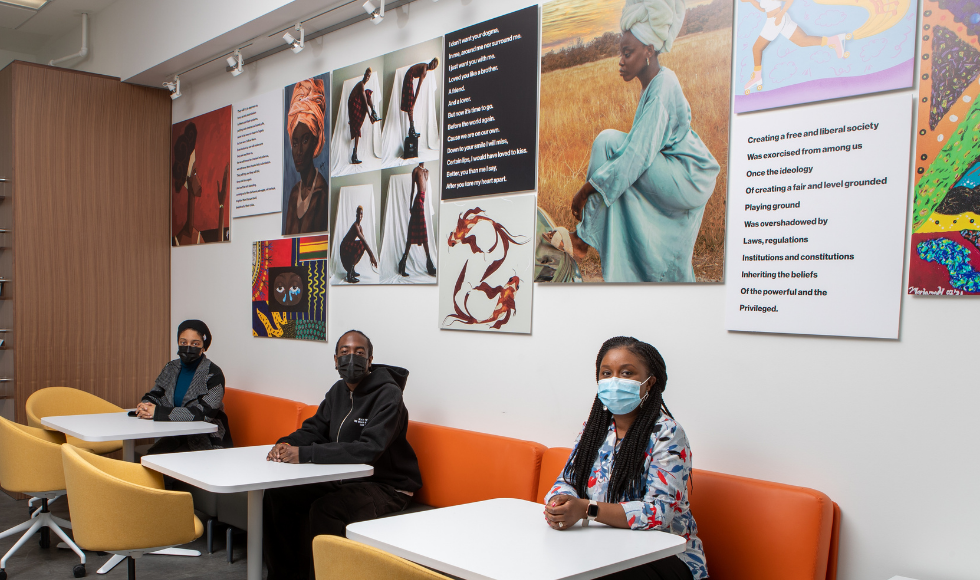

Lights. Camera. GradFlix!
Competitions and contests
Celebrating recipients and nominees of the 2021 Graduate Student Recognition Awards
Awards and scholarships
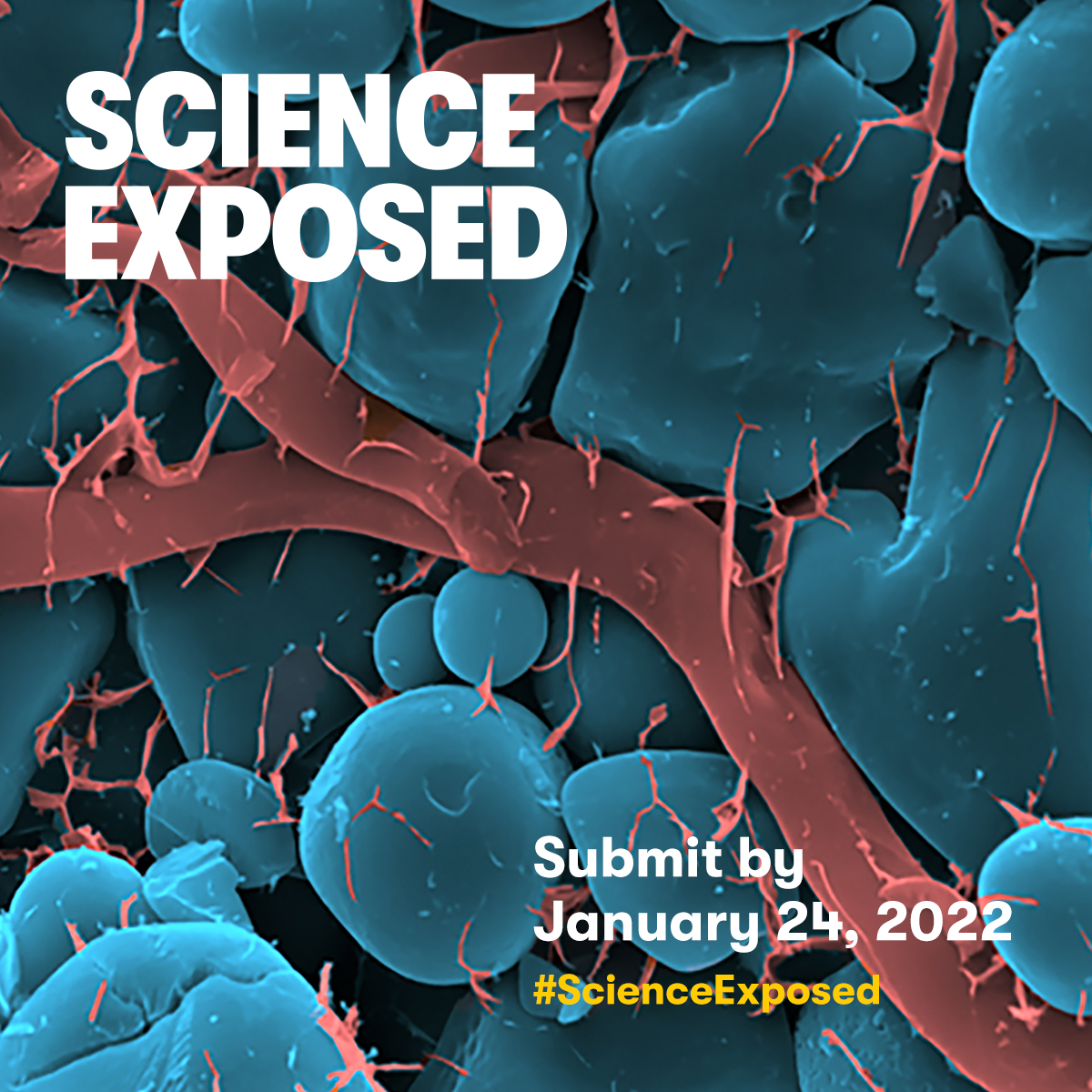
Snap a photo for Science Exposed contest for chance to win
Competitions and contests
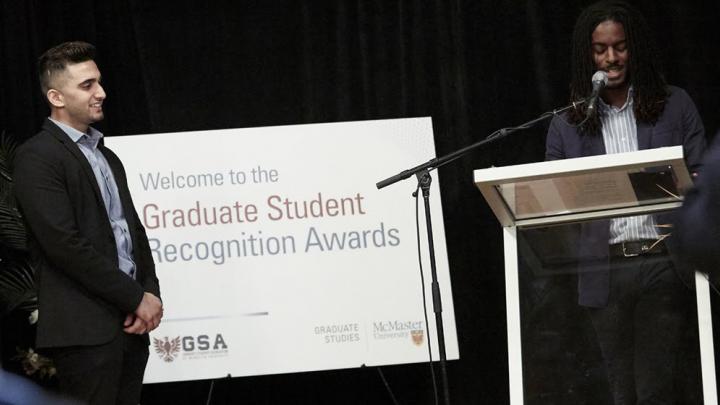
Nominations are open for Graduate Student Recognition Awards
Awards and scholarships
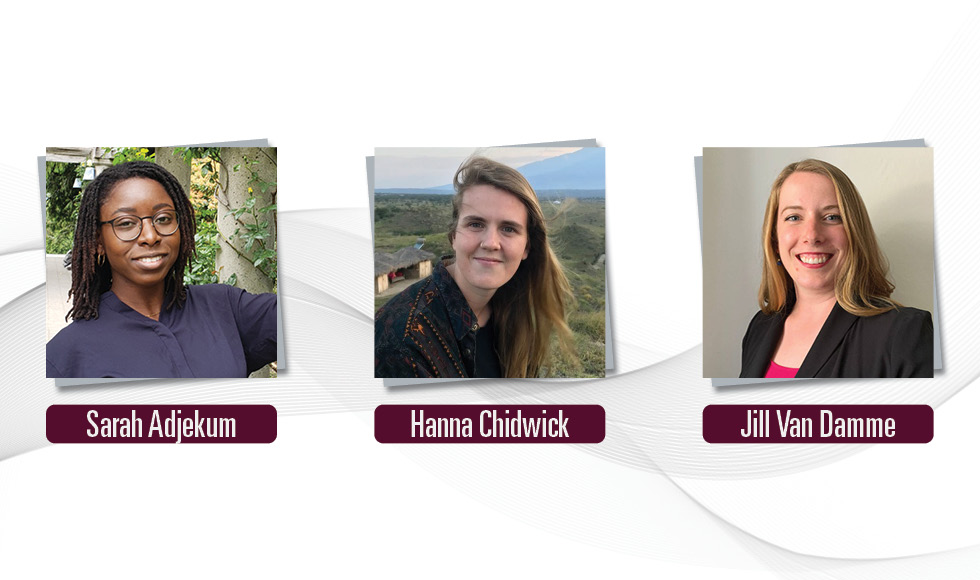
McMaster's newest graduate Wilson Scholars begin their programs this September
Awards and scholarships
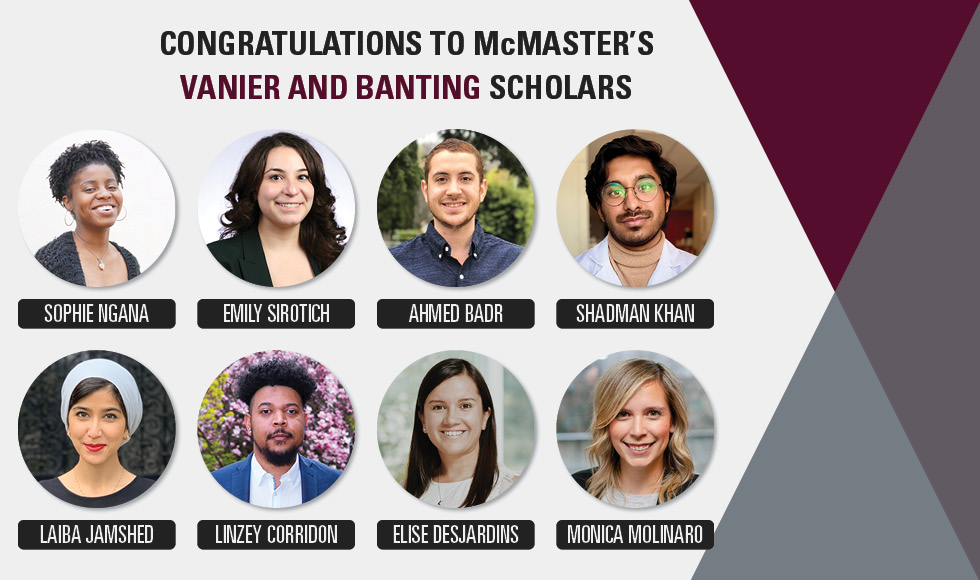
Celebrating our newest Vanier Scholars and Banting Fellow!
Awards and scholarships

Application deadline extended for Open Educational Resources Grant Program
Awards and scholarships

Engineering grad student wins first-ever GradFlix at McMaster
Competitions and contests
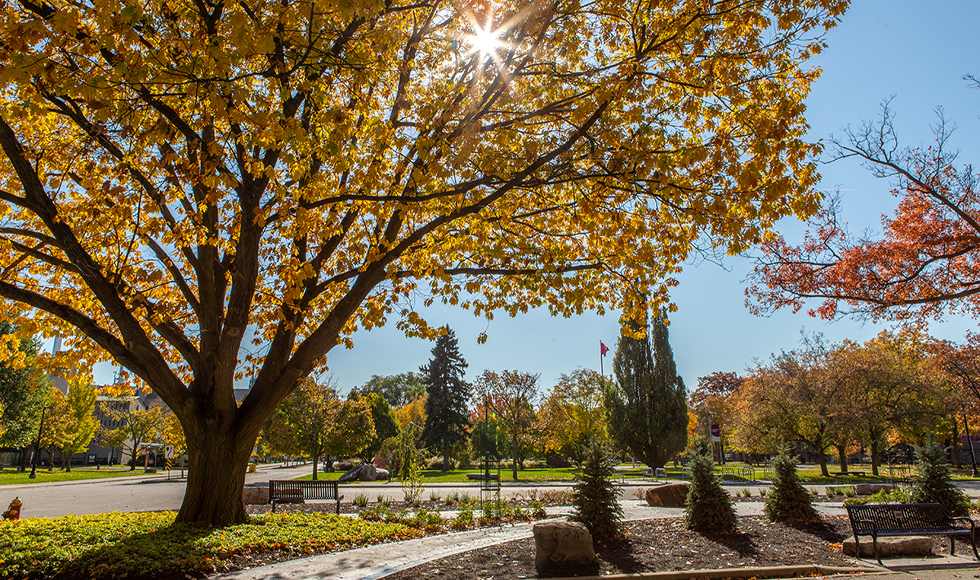
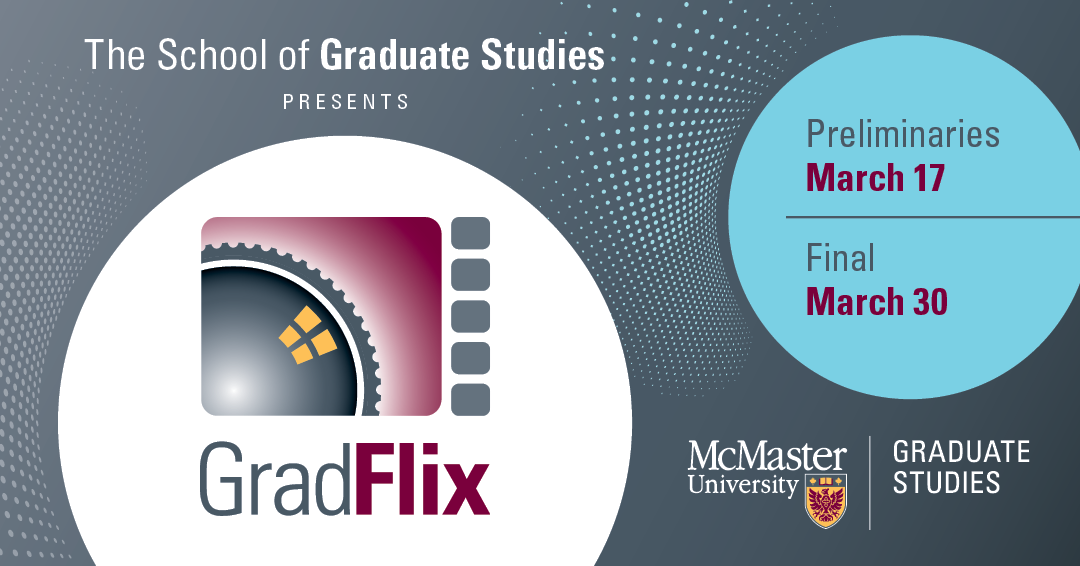
McMaster graduate research coming to a small screen near you
Competitions and contests
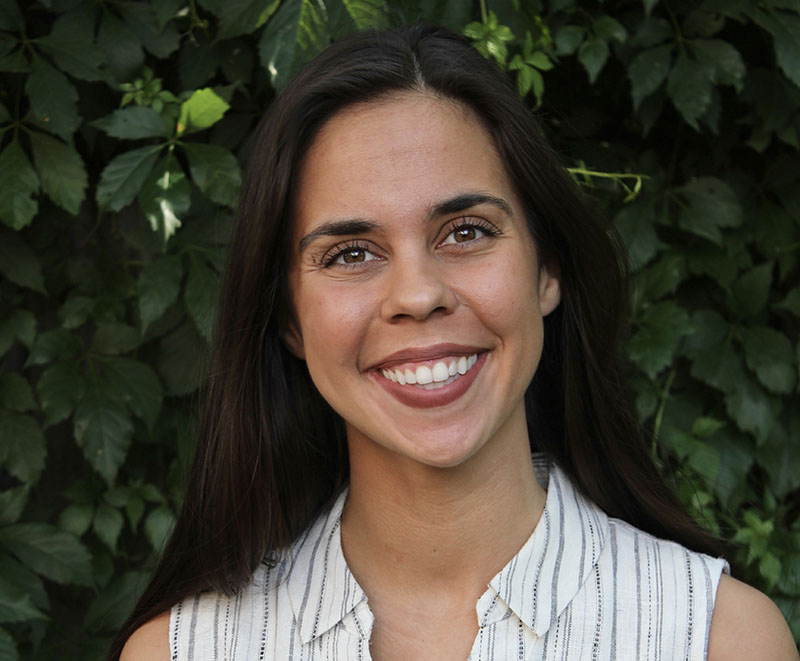
"I have met with some incredible mentors"
Awards and scholarships
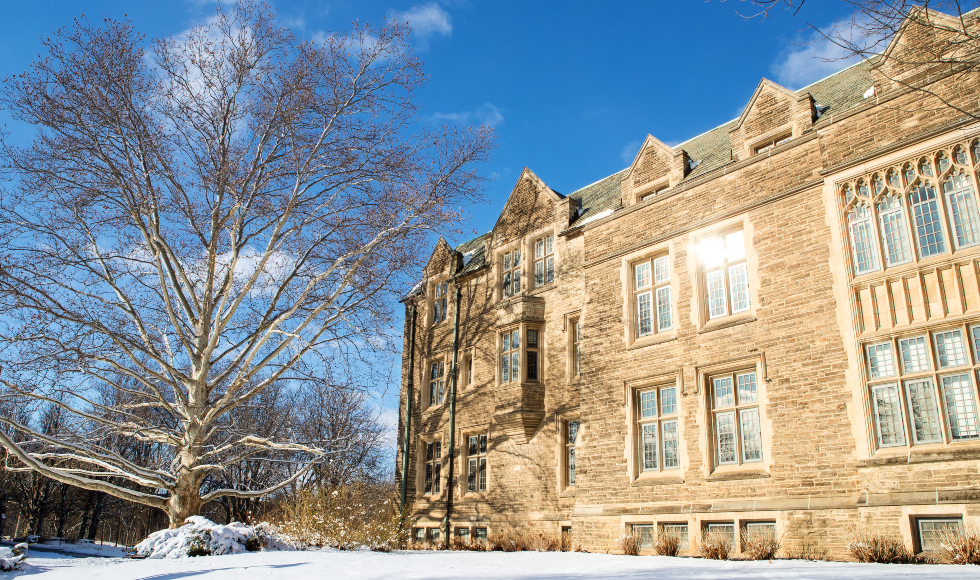
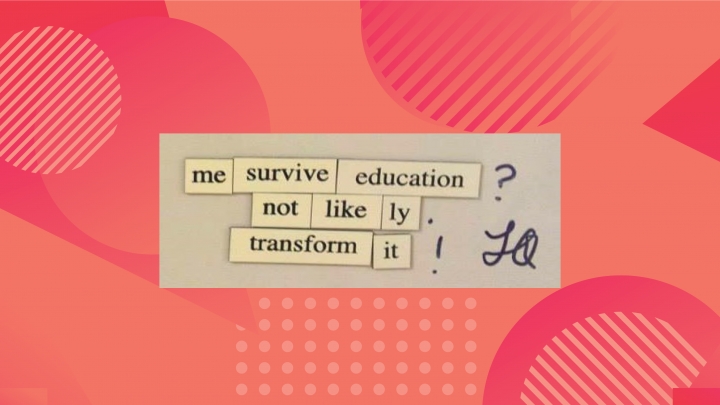
MacPherson Institute ➚
Call for Zine Submissions: Disability, Accessibility & Teaching and Learning @Mac
Community

GradFlix brings grad research to the little screen!
Competitions and contests
McMaster working to resolve some technical issues
Important update

Remote teaching: Q & A sessions and training available for TAs
Important update

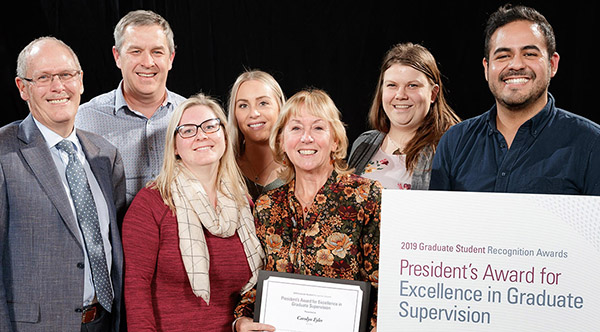
Nominations open for annual Graduate Student Recognition Awards
Awards and scholarships

Daily News ➚
New MacDATA fellows ready to tease new insights out of complex data
Awards and scholarships
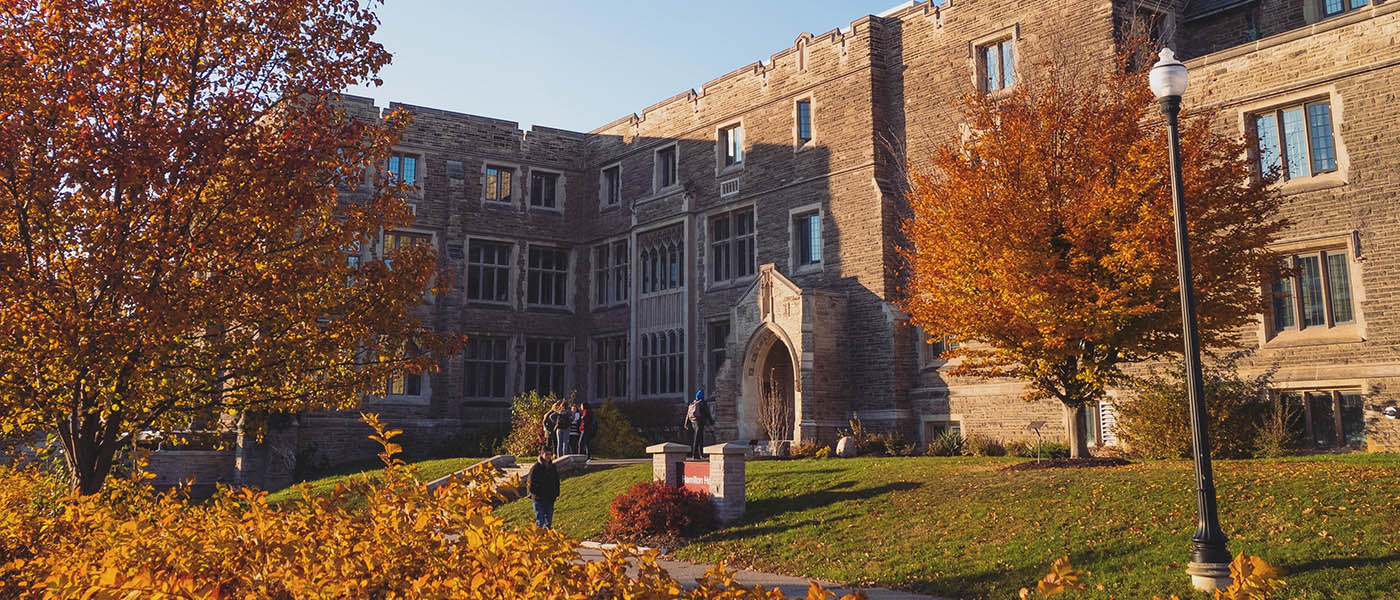
Tuition in the age of COVID-19
Orientation
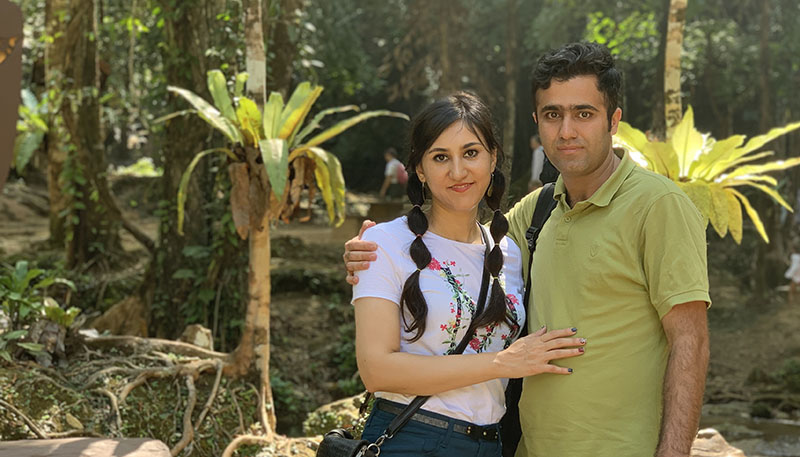
Beginning a new life in changing times
Community
Open Circle offering online supports
Wellness
Spices adds flavour to campus life!
Community
Call open for MacDATA graduate fellowship
Awards and scholarships

Applications open for Wilson Leadership Scholars
Awards and scholarships

Take the U21/PwC Innovation Challenge
Competitions and contests
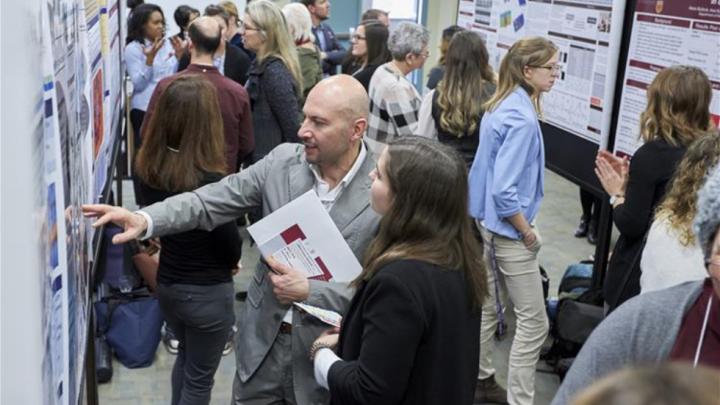
MIRA awards Mac researchers more than $500,000 for work in mobility and aging
Awards and scholarships

MIRA awards Mac researchers more than $500,000 for work in mobility and aging
Awards and scholarships
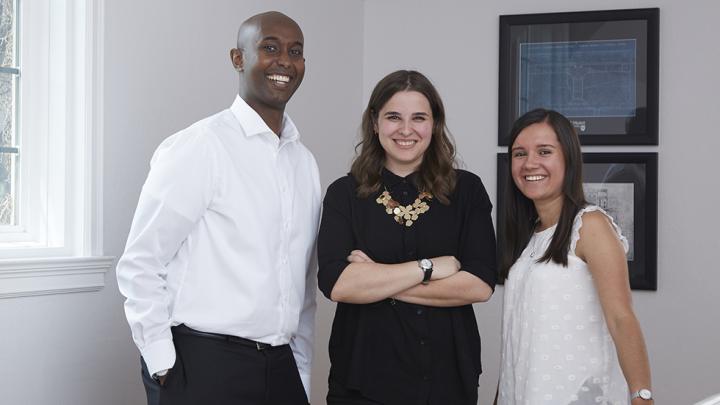
Congratulations to our first graduate Wilson Scholars
Awards and scholarships
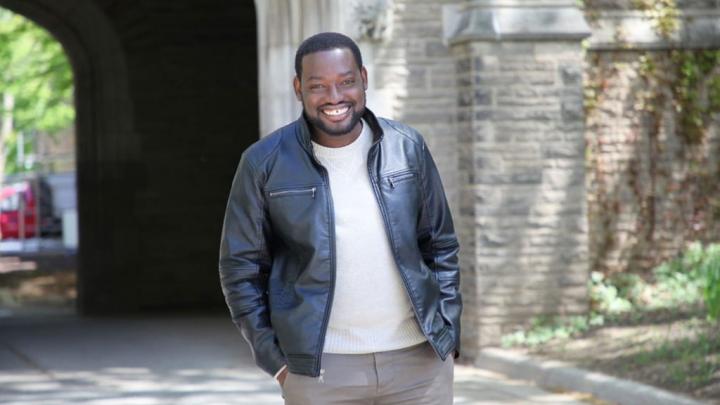
McMaster's new Trudeau Scholar studies how nationalism and politics affect migration
Awards and scholarships
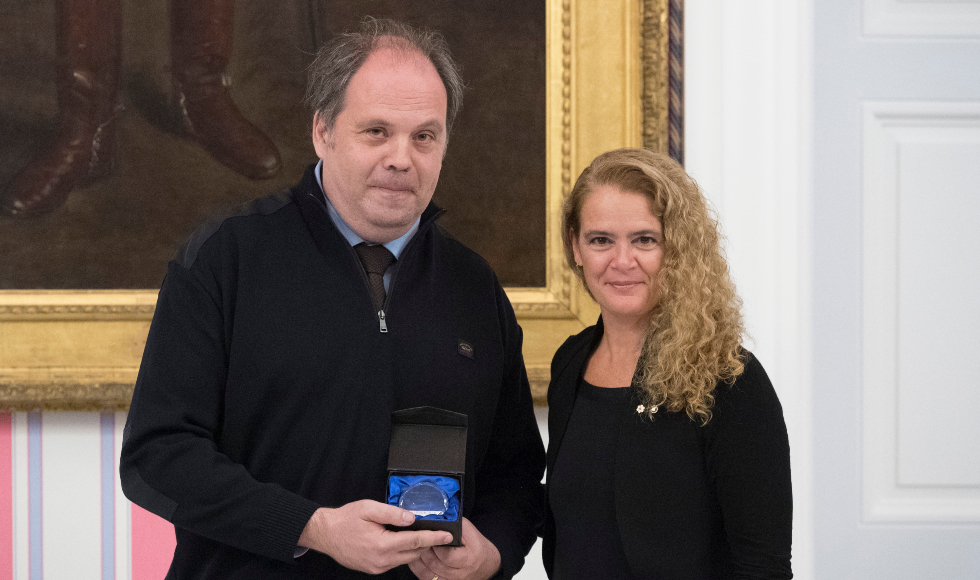
McMaster PhD candidate Shane Neilson receives 2018 SSHRC Impact Award
Awards and scholarships
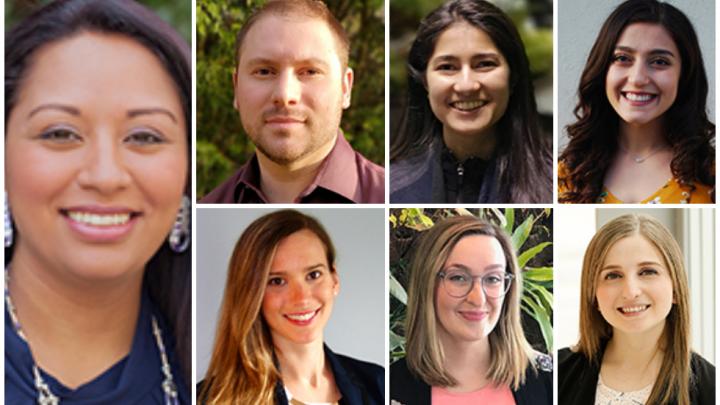
Banting and Vanier scholars recognized for innovative, impactful research
Awards and scholarships
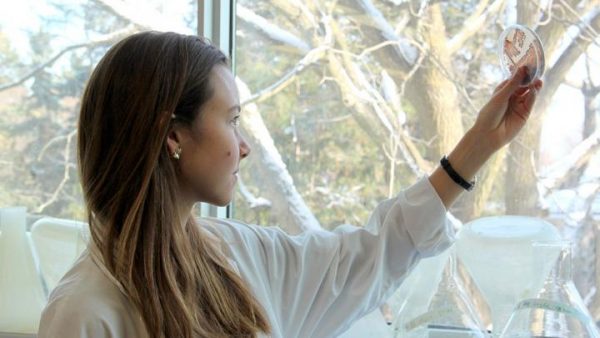
Five McMaster scholars recognized as among Canada's brightest young researchers
Awards and scholarships
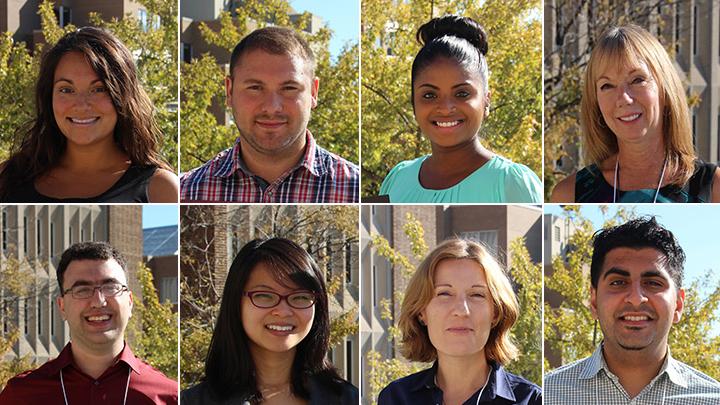
Excellence in graduate community a focus for annual awards
Awards and scholarships
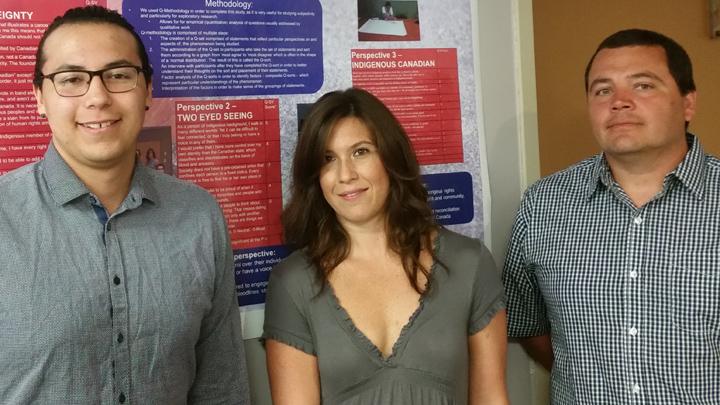
Apply now for IUSRS: invaluable experience for students, supervisors
Awards and scholarships
Researching the dead in London, entertaining the living in Hamilton
Awards and scholarships
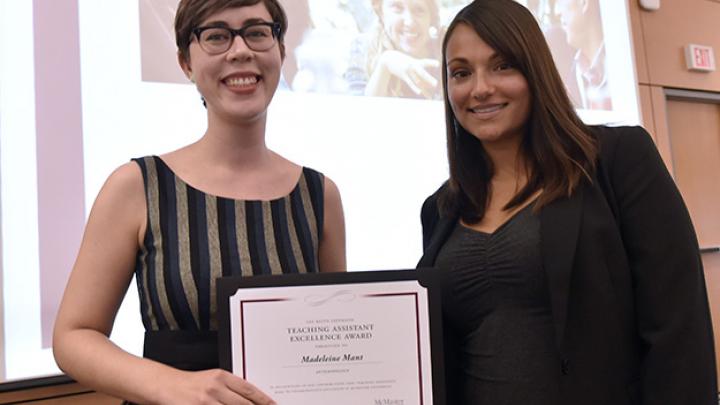
Celebrating excellence at the Graduate Student Recognition Awards
Awards and scholarships
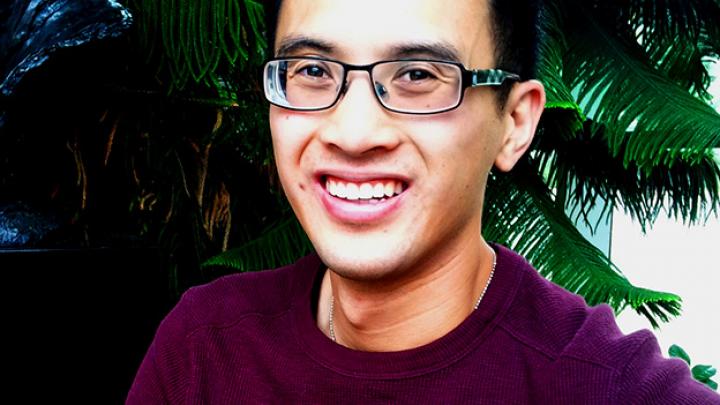
Tracing the genetic roots of autism
Awards and scholarships
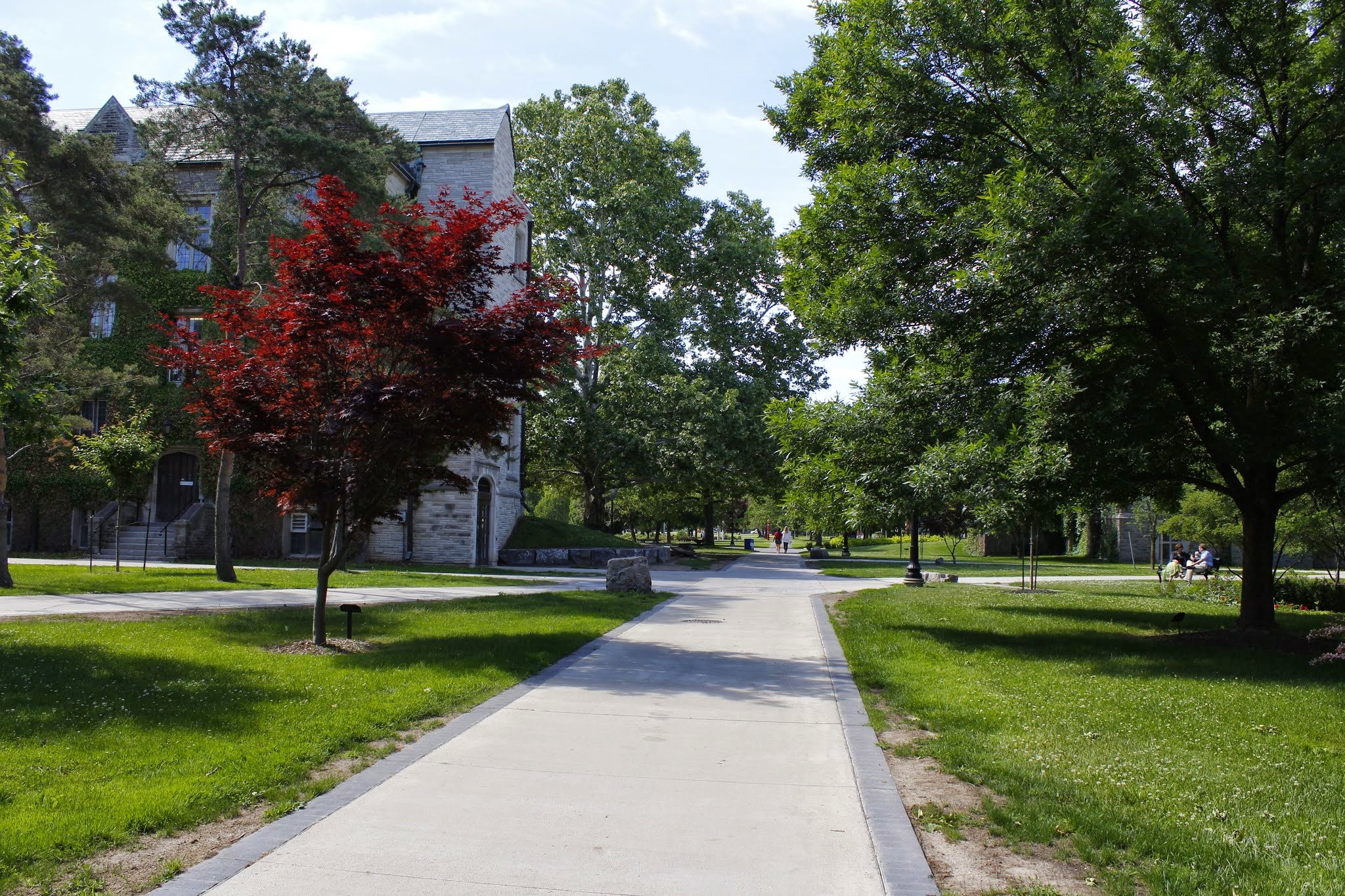
Canada's most prestigious scholarship awarded to eight McMaster students
Awards and scholarships
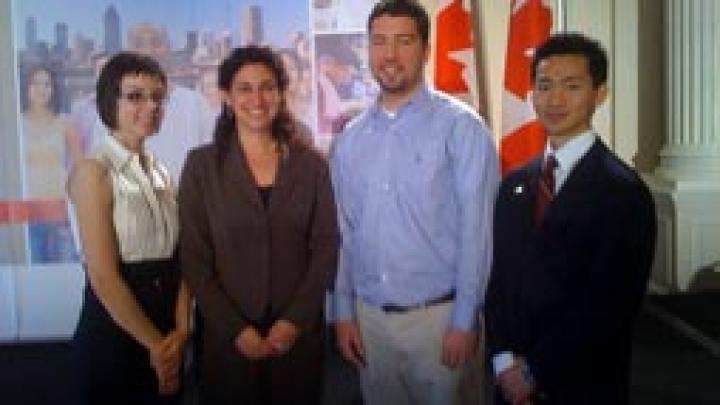
McMaster students receive prestigious Vanier scholarships
Awards and scholarships
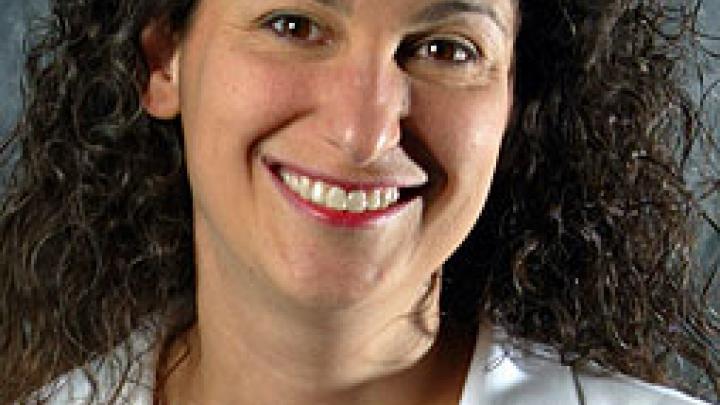
Province commits to graduate expansion
Community
Harvey Longboat Graduate Scholarship will honour Indigenous scholars
Awards and scholarships
TA Day helps students become better instructors
Orientation
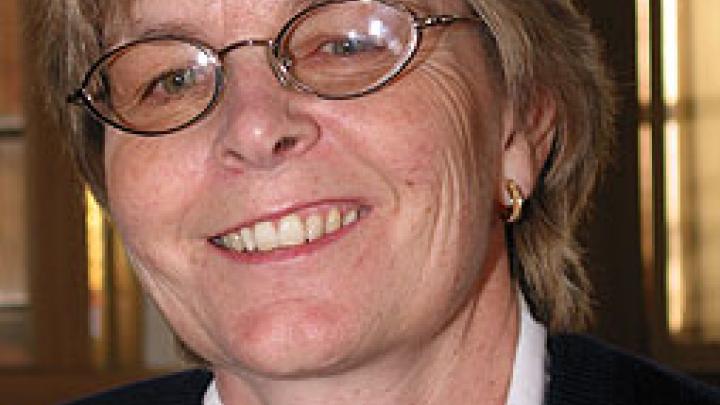
Anthropologist leaves gift, legacy to students days before her death
Awards and scholarships
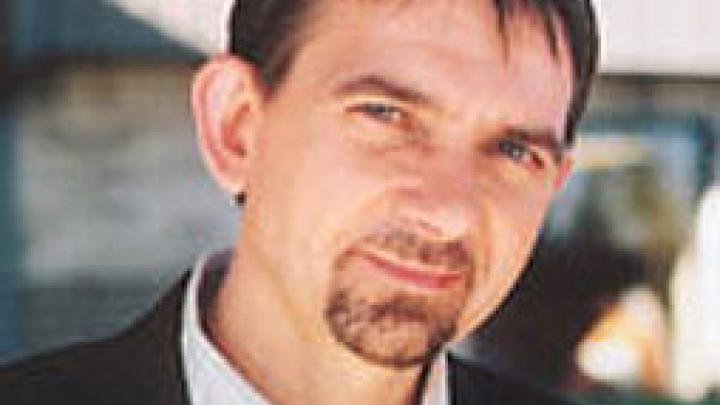
Szeman honoured for excellence in graduate supervision
Competitions and contests

Graduate Students Recognition Day celebrates excellence
Awards and scholarships
Kinesiology doctoral student wins research award
Competitions and contests

